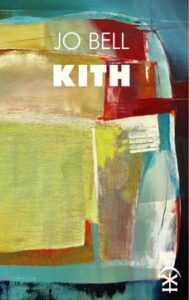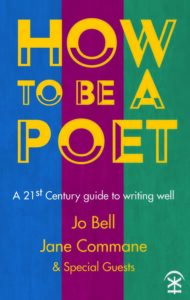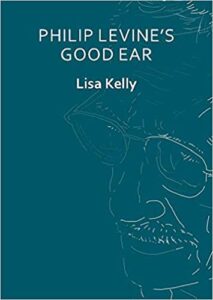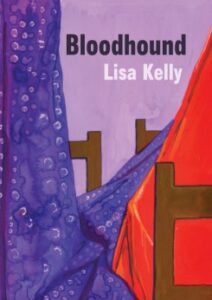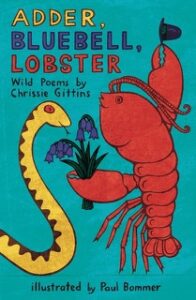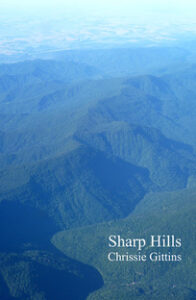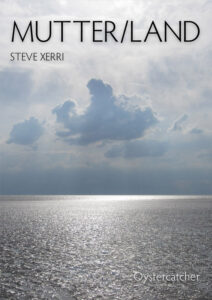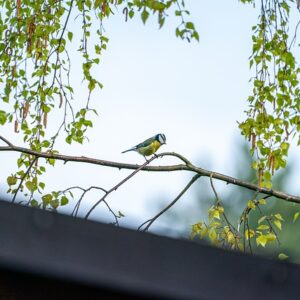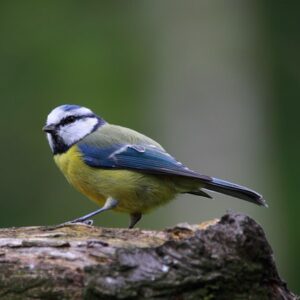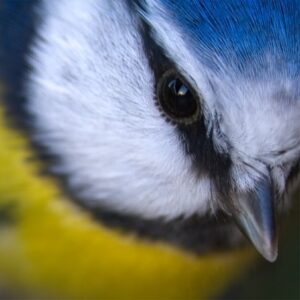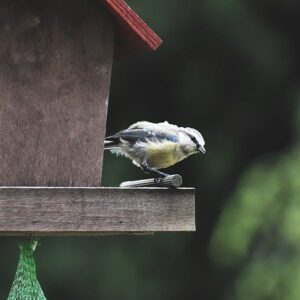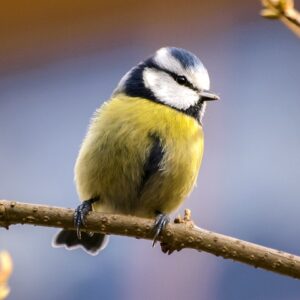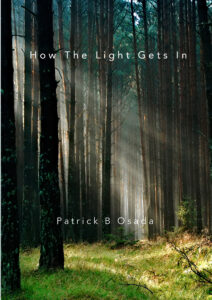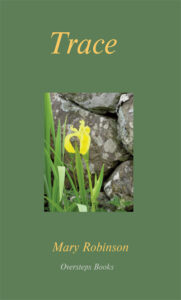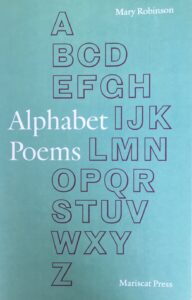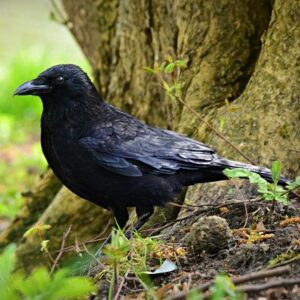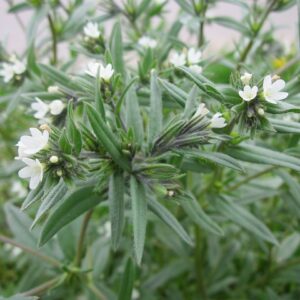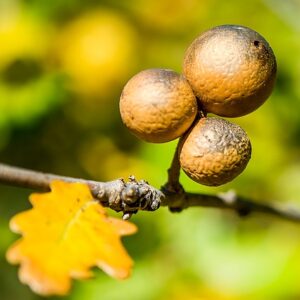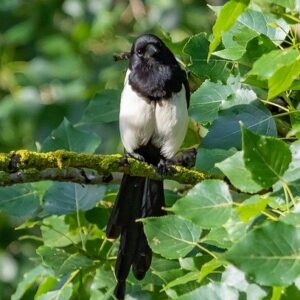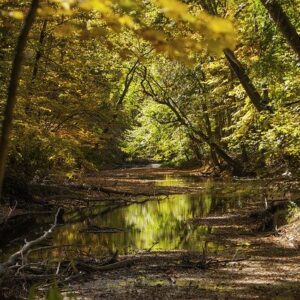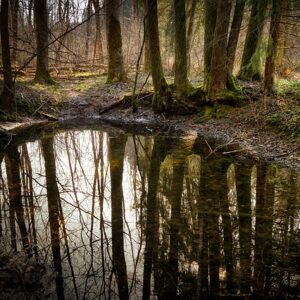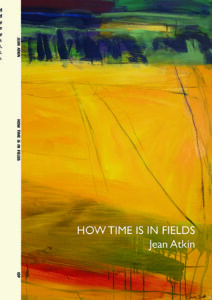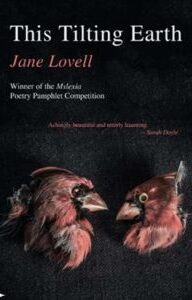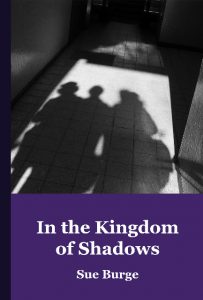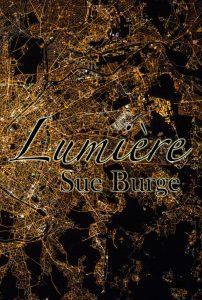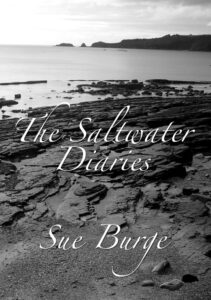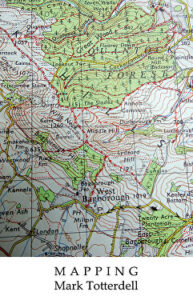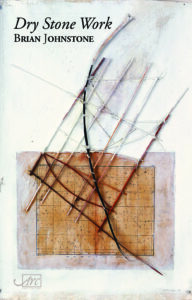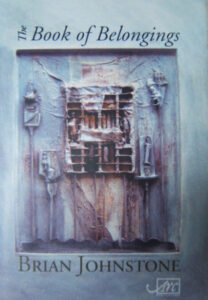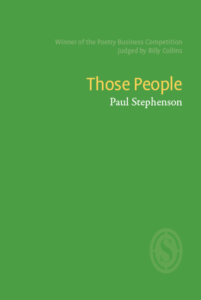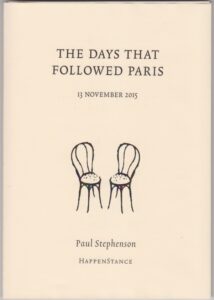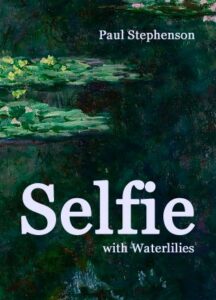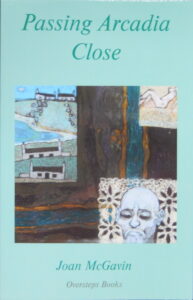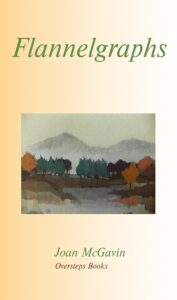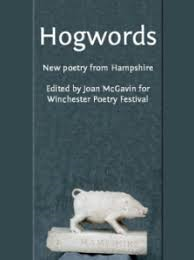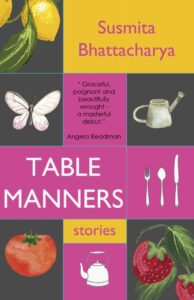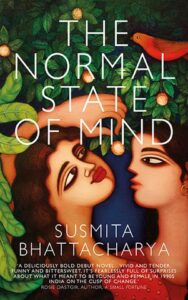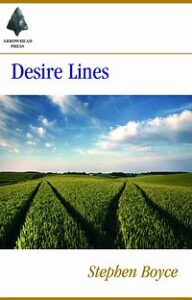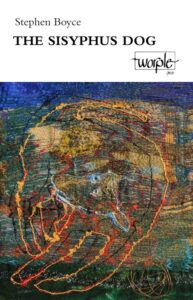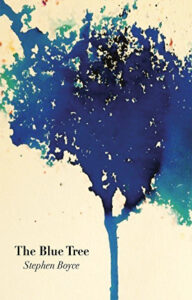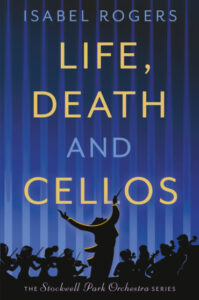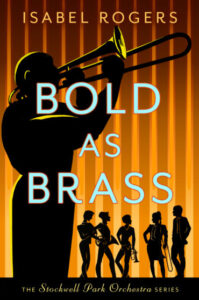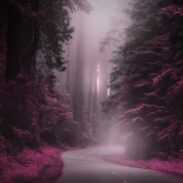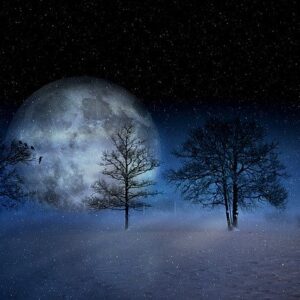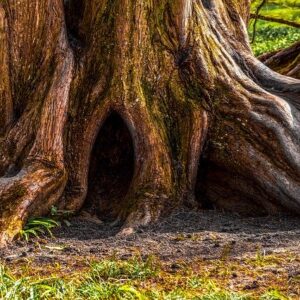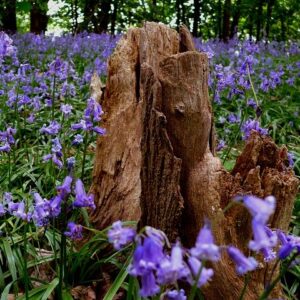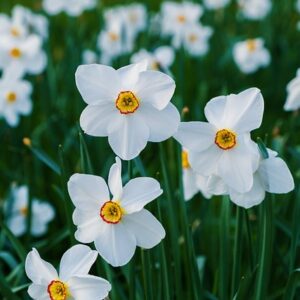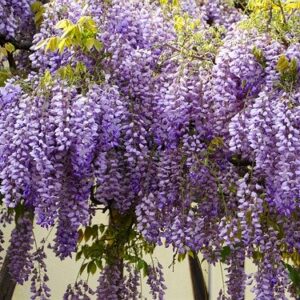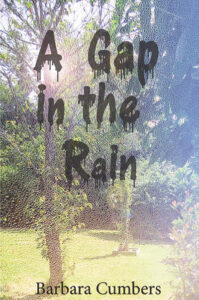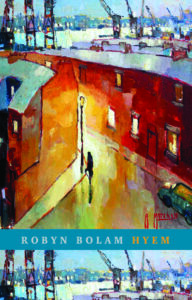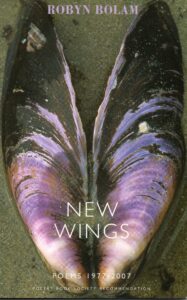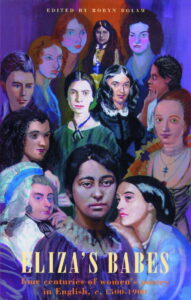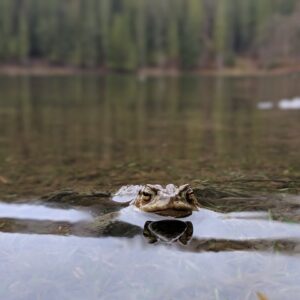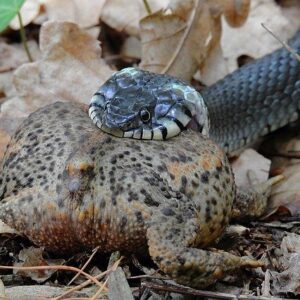Gilbert White
poems and stories
scroll down to read poems and stories in our
Summer Special
growing rapidly from July to September 2020
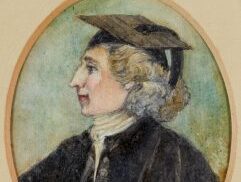
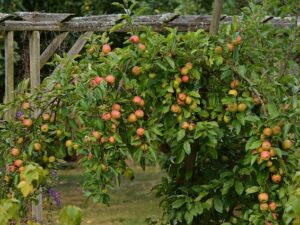
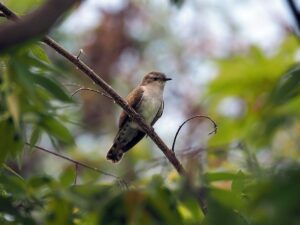
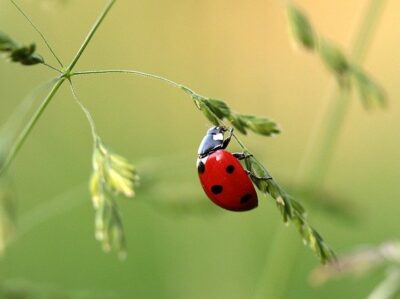
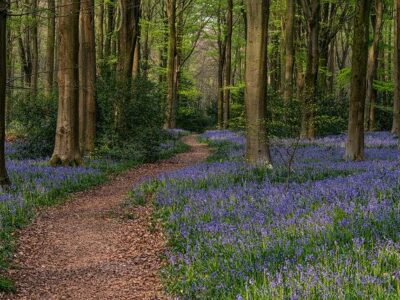
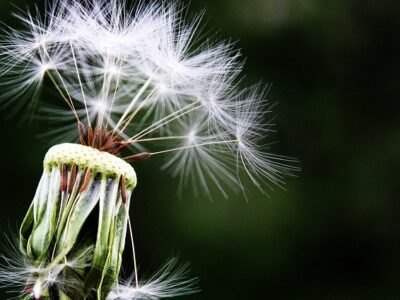
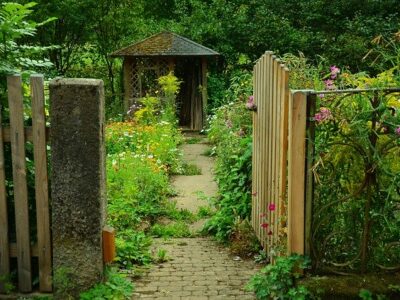
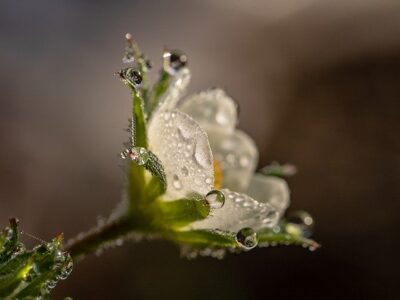
meet the poets and writers

Kathryn Bevis

Stephen Boyce
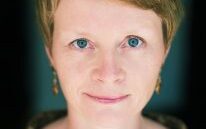
Isabel Rogers

Ian Huckson

Jo Bell
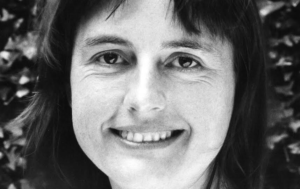
Pratibha Castle

Mark Totterdell

Susmita Bhattacharya

Peter Burrows

Mary Robinson
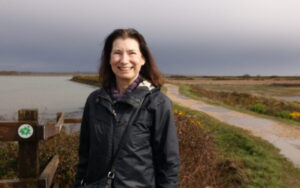
Robyn Bolam

Patrick Osada

Matthew James Friday

Andrew Howdle

Jean Atkin

Paul Stephenson
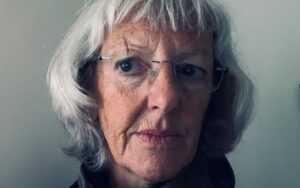
Sheila Lockhart

Brian Johnstone

Angela Ward

Lesley Cooke

Jenny McRobert

Sue Burge

Steve Scholey

Sue Spiers

Sue Davies

Richard Stillman

Lynda O’Neill

Hugh Greasley

Chrissie Gittins

Joan McGavin

Lizzie Ballagher
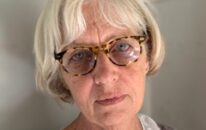
Daphne Astor

Jane Lovell

Steve Xerri
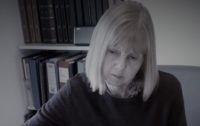
Kate Young

Lisa Bledsoe

Juliet Fossey
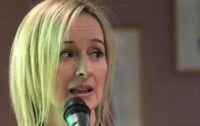
Lisa Kelly

Irene Watson

Suzanne Iuppa

Marcelle Newbold

Barbara Cumbers

Kathy Finney
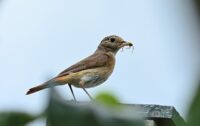

Matthew Paul
Gilbert White

Jo Bell is a noted poet whose work has been featured on BBC Radio 4, TV adverts, carved into lock beams and widely published. She has been poet in residence at Glastonbury Festival and on the UK Canals. Her two books on poetry writing, 52: Write a Poem a Week and How to Be a Poet (with Jane Commane) are bestsellers.
Jo Bell – A nightingale for Gilbert White
A nightingale for Gilbert White
April 5th, 1768
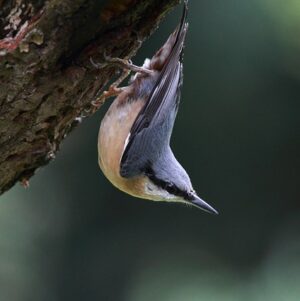
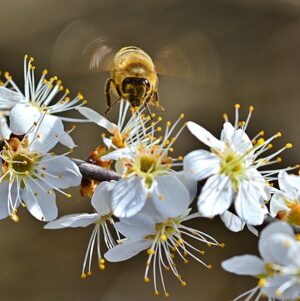
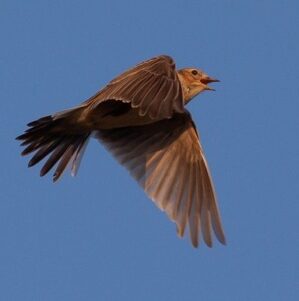
Buds and shadows fatten, but the garden’s lean.
A London smoke crawls west, and cucumbers
are tortoising across the sweat-sweet dung.
A nuthatch jars and clatters in the oak;
rooks get cocky in the Selborne copse. At last
the air is quick with bee-flies, kites and larks
and April falls across the parish like stained glass,
like rest for the broken-backed. The diarist
dashes off one word to stand for spring – Luscinia!
Colour blurs from every quickened hedge
into the woodsmoke hours. The nightingale
loops speechless syllables on every thorn.
Attention, after all, is prayer. Nothing goes unseen.
Jo Bell
First published in Kith.

Kathryn Bevis is Hampshire Poet Laureate and founder of The Writing School in Winchester (www.thewritingschool.co.uk). In 2019 she won the Poets and Players and Against the Grain competitions, and was also shortlisted for the Nine Arches Primers scheme. She is working towards her first collection.
Kathryn Bevis – A Vision
A Vision
for the Reverend Gilbert White
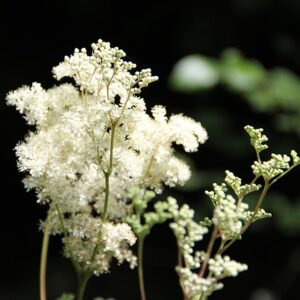
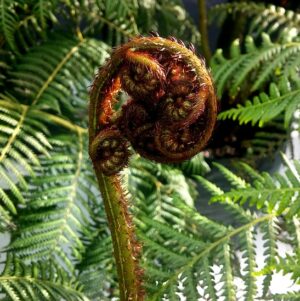
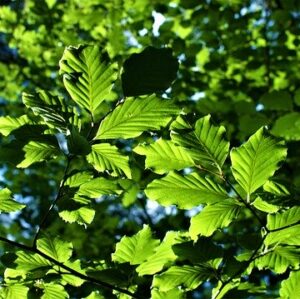
The forest is alive today
and quick with wild devotion.
Bees hum, drunk on puffs
of pollen, censer-swung
from meadowsweet
and Queen Anne’s lace.
Ferns stir themselves
to nod and bow; they sail
a summer breeze. Open-handed
to the sun, each pair of leaves
is a single prayer in a reef
of fractal-patterned green.
Damselflies flash and dart,
a fever of electric grace.
In the shade a foal gazes,
still as any seer;
her flanks are polished silver,
her tail an aspergillum.
The body of a world
at worship cries out
to be seen. The beech leaves
whisper in a psalm
to everything that flickers,
foams and gleams.
Kathryn Bevis
Kathryn Bevis, Hampshire Poet 2020, was commissioned by Winchester Poetry Festival and Hampshire Cultural Trust to write this poem in celebration of the 300th anniversary of Gilbert White’s birth.
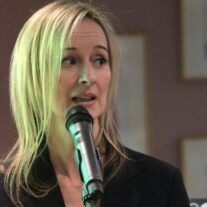
Lisa Kelly’s first collection, A Map Towards Fluency, was published by Carcanet in 2019. Her poems have appeared in Stairs and Whispers: D/deaf and Disabled Poets Write Back (Nine Arches Press) and Carcanet’s New Poetries VII. Her pamphlets are Philip Levine’s Good Ear (Stonewood Press) and Bloodhound (Hearing Eye). Her pamphlet, ‘from The IKEA Back Catalogue‘ is forthcoming from New Walk Editions in 2021.
Lisa Kelly – Late Blooms
Late Blooms
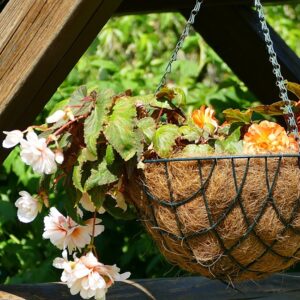
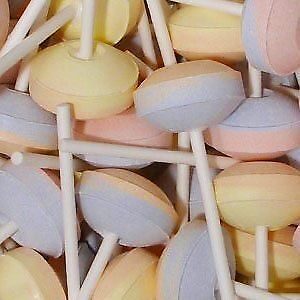

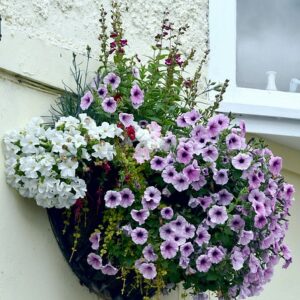
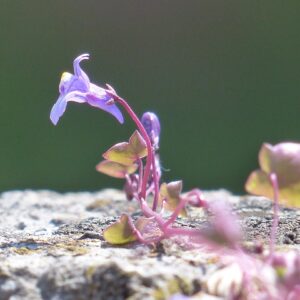
My neighbour’s hanging basket, why
does it horrify me, yet
each time I pass, I must look
and check for signs of withering.
Is it mismatch of purple
and yellow, which reminds me
of childhood lollies – not Drumsticks
which smelt of raspberry cream –
but those cheap dual-toned blobs of
saliva-d chalk on a stick you
only bought because they would
outlast greed for liquorice,
stamen dabbed in sherbet pollen,
or vanilla sap sucked from
inside ridged chocolate cones
or even bland stuck-together
petals of pastel coloured
rice paper that dissolved on
the tongue – as close as I got to
a communion wafer –
to give an otherworldly
fizz. No, I can’t remember
their name, and for a long time
I thought my neighbour’s flowers
artificial as the lolly’s
ingredients, the way they
managed to outlast weather,
until I noticed under the
basket, from a pavement crack
a purple and yellow bloom.
Lisa Kelly
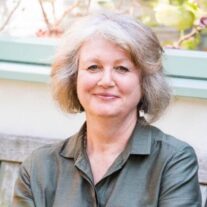
Chrissie Gittins’ third poetry collection Sharp Hills was published by Indigo Dreams in 2019. She appeared with her fifth children’s poetry collection Adder, Bluebell, Lobster (Otter-Barry Books) on BBC Countryfile. Her second short story collection Between Here and Knitwear (Unthank Books) was shortlisted for the Saboteur Awards. She is a National Poetry Day Ambassador, and she features on the Poetry Archive and in the British Council Writers Directory.
Chrissie Gittins – You Mistake Yourself for an Allotment
You Mistake Yourself for an Allotment
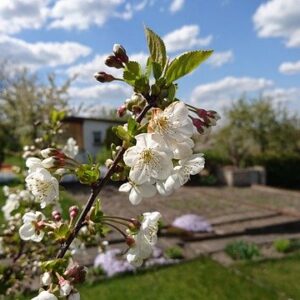
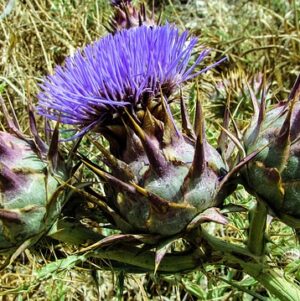
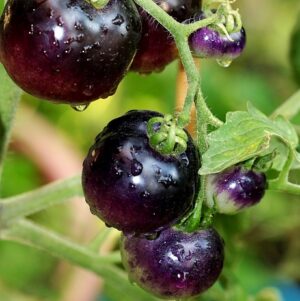
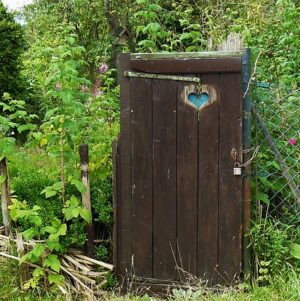
My plum and cherry blossom are profound,
I will try to manage more than one single cherry this year.
As for those moths which get inside your plums –
you can get some sort of pheromone trap. They’re green.
You’ve left the lemon yellow flowers on last year’s
black kale for long enough.
The cardoon which used to flourish from
underneath the corner of the shed has barely sprouted.
Remember last year you planted purple beans
too soon – they shivered to a shrivel.
I like the way you leave the aquilegias
wherever they may grow.
There’s hope of purple broad beans,
maroon tomatoes, custard yellow courgettes,
an orange squash streaked with green –
which should be very sweet.
You could try again with aubergines.
This is the only future you can grow.
Chrissie Gittins

Kate Young is a semi-retired teacher living in Kent. Her poetry has been published in webzines including Nitrogen House, Nine Muses Poetry and Ekphrastic Review. She particularly enjoys responding to Ekphrastic challenges as she also loves Art and painting. Kate is presently working on her pamphlet ‘Turning Stones Over’.
Find her on Twitter: @Kateyoung12poet
Kate Young – Shades of Summer
Shades of Summer
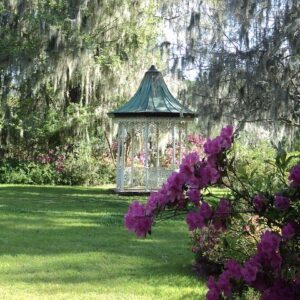


Summer feels intense today,
vivid thumbs of sprawling lawn
clutch at daisies, the unwanted,
and so many happy memories-
children’s footfall chasing birds
or bubble-wands round roses,
a spillage of palette on bed.
In the corner by the kitchen door
the hydrangea smiles slowly,
each bloom coated in gloss of
indigo-blue, your favourite shade.
For this is your hydrangea
potted from your terracotta tub,
before you became a snapshot,
before we could grow old.
Kate Young

Juliet Fossey is a poet who likes being outside, sketching, scribbling and walking. When not out in the great outdoors, she enjoys working on interdisciplinary projects that include music and art as well as poetry. Her writing process often involves cobbling bits of work together that may start with string or old bird nests which are gradually crafted into poems. You might find her lost on the Cumbria fell side staring at moss.
Juliet Fossey – Climate migrant
Climate migrant
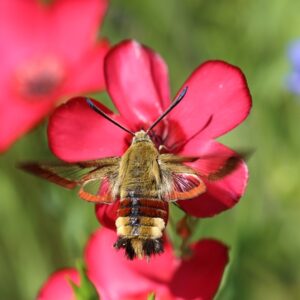
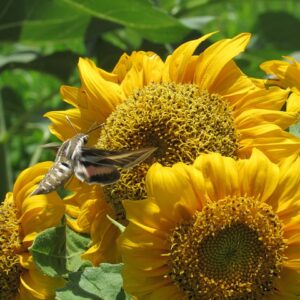
A Humming-bird Hawk Moth has drifted
too far North and found
our back lane of flowers
with existential levitation it thrums feeding on valerian
darting plume to plume
a day dancer a furry headed nectar mouse
in one beat of stillness with proboscis inserted
it exacts sweetness
from each red glove of scent.
Juliet Fossey

Steve Xerri has been a teacher, musician and designer. He was Canterbury Festival Poet of the Year 2017 and has been published in numerous print and online magazines. His first pamphlet Mutter/Land was recently brought out by Oystercatcher Press, from whose site it may be ordered http://www.oystercatcherpress.com
Steve Xerri – Hoverfly Observing
Hoverfly Observing
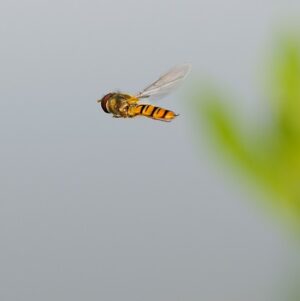
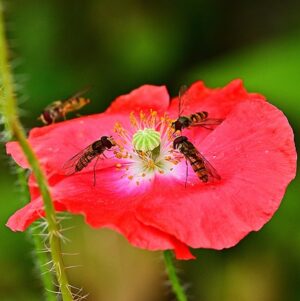
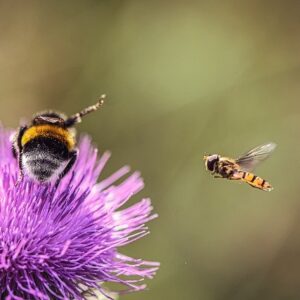
Suddenly there, as though
materialising in mid-air,
she settles on the damp shirt
I’m pegging to the line,
zips off to the landing-pad
of a yellow-dusted fennel
umbel and then, the touch
of her wire legs barely felt
by my human skin, alights
to turn a moment or two
on my outstretched
hand.
Benign banded
mock-wasp, air-dancer,
brief passer-through,
provoker of a little pulse
of fondness, I greet you,
feeling myself rooted
and measured by your
observing presence.
Steve Xerri

Watched by crows and friend to salamanders, Lisa Creech Bledsoe is a hiker, beekeeper, and writer living in the mountains of Western North Carolina. She is the author of two full-length books of poetry, Appalachian Ground (2019), and Wolf Laundry (2020). She has new poems out or forthcoming in American Writers Review, The Main Street Rag, The Public Poetry 2020 Anthology, Pine Mountain Sand & Gravel, and River Heron Review, among others.
Lisa Creech Bledsoe – Not Yet
Not Yet
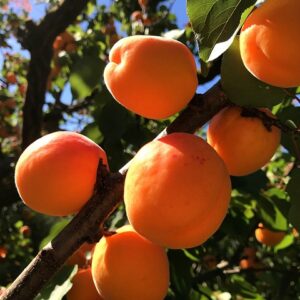
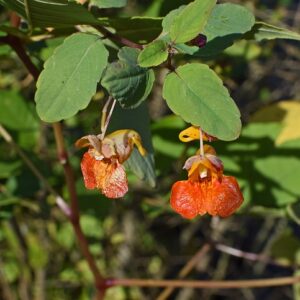
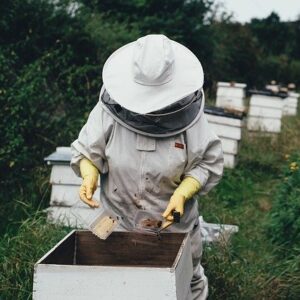
the waning summer gleams with fat
apricots and onions
walnuts waiting to blacken
the crows accept where I walk —
their nestlings
never learned fear of me
the south wind and
sharpening stars tied
to the branches of bedtime
remind me
to watch
for the last hummingbird to pack
it’s not yet time
not yet
the jewelweed hasn’t
tilted out
her fat bumbles
I never found the owl
and
don’t want to close down
the hives
just yet
I’m not ready
not ready
one more story
one more glass of wine
on the porch
and possibly
a quilt
Lisa Creech Bledsoe
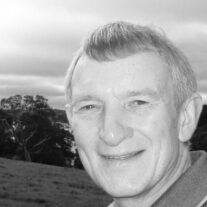
Patrick B. Osada is an editor and also writes reviews of poetry for magazines. He recently retired after ten years on SOUTH Poetry Magazine’s management team and as the magazine’s reviews editor.
His first collection, Close to the Edge was published in 1996 & won the prestigious Rosemary Arthur Award. He has published six collections, How The Light Gets In was launched in June 2018.
Patrick’s work has been broadcast on national and local radio and widely published in magazines, anthologies and on the internet..
For more information about his work and a selection of his poetry, visit :
Patrick B. Osada – Still Life with Feathers
Still Life with Feathers
One bracing day, we watched them go :
leaving the nest box in strong winds.
Unable to fly in such a gale,
from off the ground I rescued one
and placed him in a nearby tree,
knowing that soon he would be found
by anxious, watching, parent birds.
Next day we saw that four bird brood
perched in the apple tree in line,
fluttering wings, demanding food.
Weeks later, from my laddered perch,
I freed the birdbox, took it down,
ready to empty, clean and paint.
The final stubborn screw unscrewed,
carefully I removed the roof
allowing daylight to flood in
to this dark space – the bluetit’s home.
A filigree of spider’s web
obscured the nest, catching the sun,
masking the contents from my sight.
Perched on a bed of moss and fur
with face inclined towards the hole
through which he’d last heard parents’ call
and watched his siblings take to flight,
he seemed complete. Perfect and whole –
as if somehow he’d been preserved,
saved by God’s taxidermist’s art –
waiting for tiny wings to grow
enough to take him to the light
and join his brood – if life could start.
Patrick B. Osada
From my collection : How The Light Gets In (Dempsey & Windle Publishers)

Mary Robinson grew up off-grid on an isolated smallholding in Warwickshire. Her first collection is The Art of Gardening (Flambard 2010). She won the Mirehouse/Words by the Water Poetry Prize in 2013 and the Second Light Poetry Prize (short poem category) in 2017. Her work includes two pamphlets, Uist Waulking Song and Out of Time, the latter to accompany a poetry/photography collaboration with Horatio Lawson, exhibited at Theatre by the Lake, Keswick in 2015.
Her poems have appeared in several magazines. Her most recent publications are Alphabet Poems (Mariscat Press 2019) and Trace (Oversteps Books 2020). She lives on the Llŷn Peninsula in North Wales. Her blog is: Wild About Poetry.
http://maryrobinsonpoetry.blogspot.com
And for more information visit:
www.poetrypf.co.uk/maryrobinsonpage.shtml
Mary Robinson – Cinnabar Moth
Cinnabar Moth
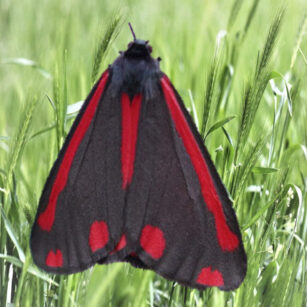

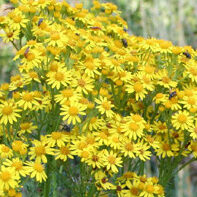
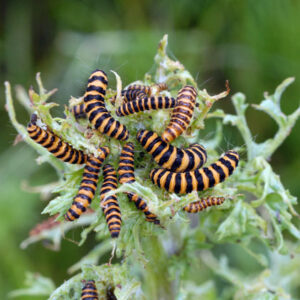
Dropped ear-ring,
red and black
enamelled jewel
in the grass
(no skulking in twilight
shadows, no bashful
introvert masquerading
as dead leaf).
Cinnabar moth –
a brazen daylight flyer
for whom camouflage
is not the point. Don’t
even try, it signals.
Too ostentatious to trust –
Tyria jacobaeae
is a shameless
collaborator. The name’s
a giveaway –
it sleeps
with old man ragwort.
Mary Robinson
First published in The Art of Gardening by Mary Robinson(Flambard Press 2010)
Recollecting Water by Mary Robinson

Ian Huckson is a semi-retired gardener, living in Cumbria. A lifetime of being in the countryside and working close with the land informs and colours everything he does and results in his never trying to be other than a part of nature. Also an amateur poet, recent poems of his have been published in magazines including; The Dawntreader, Sarasvati, Poetry Space Showcase and the Dempsey & Windle anthology Alternative Truths.
Ian Hickson – Binary
Binary
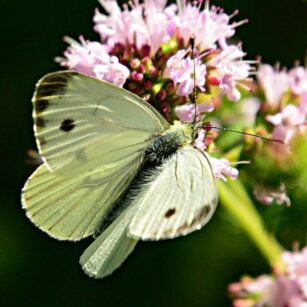

Streaked grey-green hindwing veins,
underwing mottled-green
camouflage dressed;
Orange Tip (female) at rest,
hiding from oppressive rain.
The Small; upperwings black veined,
forewings edged mid-grey,
The Large; a wider darker edge,
undersides a shared cream-ivory.
Pests, say the mean-spirited.
Marbled, Wood and Cryptic Wood,
rare migrants Black-veined and Bath;
yet some see a singular White
or worse still, just a guilty Cabbage.
I could’ve at a younger age…
set on a different path.
Ian Huckson
Seeking Renewal by Ian Huckson
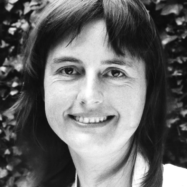
Pratibha Castle’s prize-winning poetry pamphlet A Triptych of Birds and A Few Loose Feathers is being published later in 2020 by Hedgehog Press. Her poetry appears in various journals, anthologies and online magazines, including Indigo Press publications Sarasvati and Reach. Pratibha, born in Dun Laoghaire, now resident in W. Sussex, began writing poetry on her mother’s death in 2007. She graduated from Chichester University with a first class honours degree aged 61 and continued to explore writing on their Creative Writing MA. She is currently working on her second poetry pamphlet.
Pratibha Castle – South Downs
South Downs
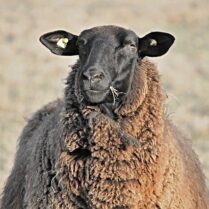
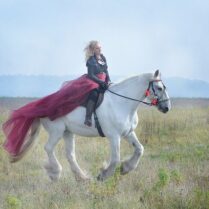
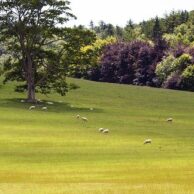
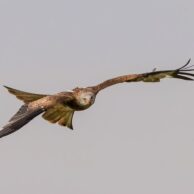
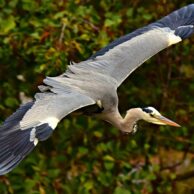
Wolf sense idles me
into a random field
where sheep
take a brief break
from munching grass
to glance my way.
A black face dam fixes me
with Satan gaze, transmits a cipher
I likely misconstrue, watches
as I mount the stile, swing my leg across
as if the worn wood is the saddle
of an imaginary mare set
to canter me off
into a fae mist
distance.
Beyond the field
a path through the woods
petals open into a copse, incense
of wild thyme, garlic
blooming beneath
my feet.
Wild clematis
tosses into a breeze
wafting the fantasy
of a cuckoo.
Dryads lean in, anoint
me with whispered
prayers.
I drift in wonder at a tail feather
amongst the leaves
from the red kite
keening in the blue, flash
above the brook
of turquoise, shadow
splash of a heron.
Pratibha Castle

Andrew Howdle is a retired teacher and educational consultant. He lives in Leeds, England. He studied literature at the Universities of Manchester and York. Poems have appeared in Ekphrastic Review, Impossible Archetype, Singapore Unbound, Nine Muses, and Lovejets (2019), an anthology of poems paying tribute to Walt Whitman. His poem, ‘A Letter from York’, which won the 2018 Singapore Unbound poetry competition, was nominated for the Hawker Prize.
Andrew Howdle – Echoes
Echoes
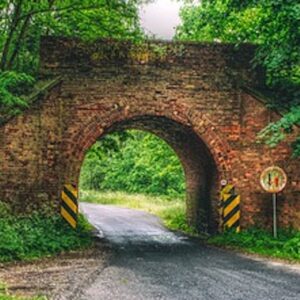
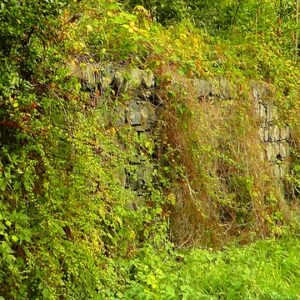
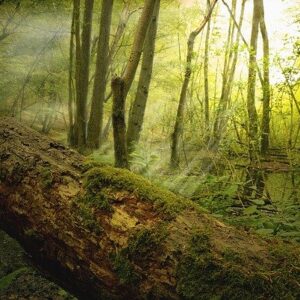
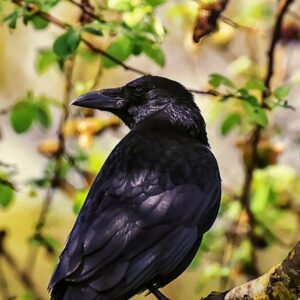
The bridge’s vast arch is usually
A fermata hanging over silence —
Not a concert hall, as today, where two
Youths make its span echo profanities.
As I stand and strain to hear a blackbird
Pluck music from a distant sycamore,
An image of the virtuous White comes
Into view: head down, counting every
Charitable worm and hopeful emmet
As he ambles through Selborne’s Creation.
Keeping faith with all that he sees and hears,
He enters a mossed and echoing vale
Where a lively “polyglot” nymph listens
And dutifully imitates his words.
Rapt, he cocks his ear and calculates how
A jubilant dactyl echoes better
Than a heartsore spondee. He had a fine
Ear that served Nature and God equally.
As he makes haste slowly and progresses
From the mind’s eye, I too resume my walk
And leave lapwing quiff and hooded crow to
Capture a laughing, self-praising selfie.
Andrew Howdle

Jean Atkin’s new collection is How Time is in Fields (IDP, May 2019). Her poetry has featured on BBC Radio 4’s ‘Ramblings’ with Claire Balding, and recent work appears in The Rialto, Magma, The Moth, Lighthouse and Agenda. In 2019 she was Troubadour of the Hills for Ledbury Poetry Festival, and BBC National Poetry Day Poet for Shropshire.
Jean Atkin – 19 Paths Through Rectory Wood
19 Paths Through Rectory Wood
1. What’s not natural grows here: chimaera trees
each a grafted ring of years on rootstock.
While from the ground, what’s common rises.
2. Crow passes close & overhead,
wingtips ragging lime leaves.
We see it stretch out its claws, & back its wings
land in the shine
black shine of elderberries.
3. You move through this place as through a
painting, planting a future in
oaks. But how far ahead can we imagine?
4. Green alkanet flowers lapis blue in May and on
through soft October – commonplace,
unnoticed, underhand.
5. Yews older than iron, older than churches, old
like the tumuli under the churches, the round
stones under the stones.
6. In woods we forget things.
At the wood edge we tell stories.
Our eyes are adapted
to canopy & vista.
7. We hold a knopper gall, learn him
crouched like an homunculus, riding
the shoulder of this green acorn.
Inside him the grub of the cynipid wasp
& inside the grub, a gall wasp egg.
The grub within the grub within the nut.
8. Magpie dip & flash. Witch cackle.
9. Lost in the woods this bristling lime is where
the path runs out in aerial thickets.
Here foxes earth in mid-air.
10. Or a path we might miss, a walk inside a lime,
a local rite, a passage climbed
by children, aunts & dogs.
11. We’re here to hear water, its tumble, its all-night
gutter-beck-bubble –
Town Brook’s many-centuried voice.
12. Beech compensates its lean, throws out
long branches,
counterweights slowly into wind.
13. Box-straggle marks a once-clipped gateway.
A garden in a wood.
14. We raise the garden’s ghost, scare up old paths
like thinning bones through trees.
15. We shush our footsteps out again through leaves.
16. A passage of yews drink darkly from Town Brook.
17. Water runs down over rock, the sounds arranged –
High notes conjured from tumbles of small stones.
Bass resonates from slab.
18. A gravity of seven yews around a pool.
19. Still water by a Green Chapel.
Time’s shuffle. A way home.
Jean Atkin
(This poem was previously published in ‘How Time is in Fields’ (Indigo Dreams Publishing, 2019)).
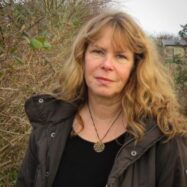
Jane Lovell is an award-winning poet whose work focuses on our relationship with the planet and its wildlife. Her latest collection is This Tilting Earth (Seren). Jane also writes for Dark Mountain and Elementum Journal. She is Writer-in-Residence at Rye Harbour Nature Reserve. Her new collection ‘The God of Lost Ways‘ is forthcoming from Indigo Dreams Press.
Jane Lovell – Starlings
Starlings
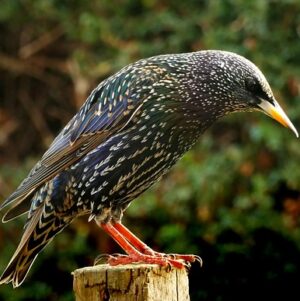
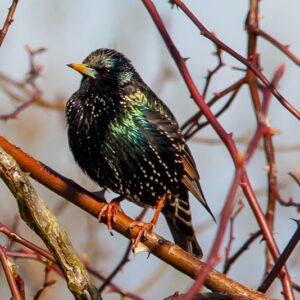

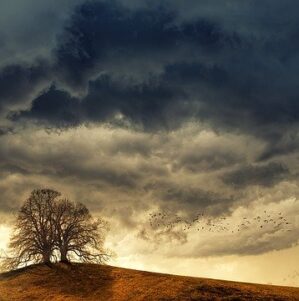

We use folders of bamboo and deerbone
to construct you: slinted claw
and oilbead plumage, its gloss-speckle and lustre
crisp-folded on the cusp of winter.
Tweezers pin your reedy legs
and thorny beaks, wings blown
from mountain folds and pleats,
their feather-strata paper-cut-sharp
and glorious as angels’.
Evenings, we line you up in trees to roost,
wind you up to hear your clockwork grobbling
and deep space radio whirrs.
Each dawn, exhilarated by the light,
you sing in clicks and shrills, wolfwhistles
and bright cellophane twists,
then fly your squadron down to land
and dandle determinedly across the grass
to yesterday’s pecked apples.
Fieldfares descend in reverse folds.
Unfazed you dance defence,
flyweight boxers on your thinstalk legs.
In dreams, we gather you in, gently open out
and press flat your mulberry squares,
their iridescent foil,
store you in a drawer, loose-wrapped
in leaves of tissue, for emergencies:
secret trapdoors to another life,
fast and dark and beautiful.
Jane Lovell
‘Starlings’ is from Jane’s forthcoming collection The God of Lost Ways (Indigo Dreams Publishing).
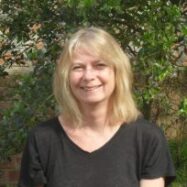
Sue Burge is a freelance creative writing and film studies tutor based in North Norfolk. Her poems have appeared in a wide range of magazines and anthologies. Sue’s first collection In the Kingdom of Shadows (Live Canon) was published in November 2018 alongside her debut pamphlet Lumiere (Hedgehog Poetry Press). Sue’s new pamphlet, The Saltwater Diaries, is forthcoming, also with Hedgehog Poetry Press, in September 2020. More information at www.sueburge.com
Sue Burge – Thirteen Ways of Looking at Stone
Thirteen Ways of Looking At Stone
after Wallace Stevens

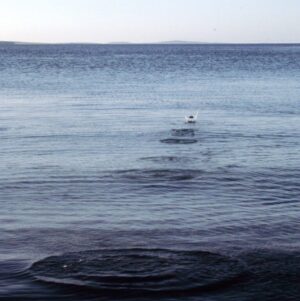

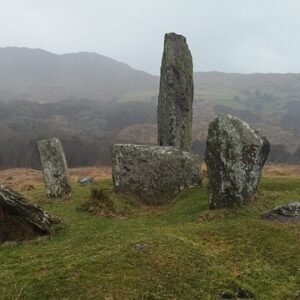
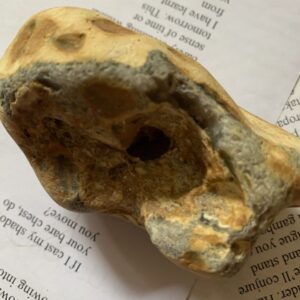


i
rest your cheek in its lee
where the night cannot find you
ii
carve your face in the soft mountainside
watch your nose crumble
your eyes & mouth become dust
iii
the art of skimming
unachievable as an equation
the pebble lies on my palm
iv
I left a trail of pebbles long ago –
did you collect them
build the tallest cairn?
v
outline my body where it falls
lay me under a blanket of shale
vi
how did you carry those tablets of stone
down the steep, treacherous path?
Did you pause, unwrap food
from linen folds, take a sinful bite?
vii
the road to hell is paved with gravel –
it will find its way
into the most tightly laced shoe
viii
I wake from a dream
of blood and chanting
the taste of standing stone
ix
I weigh my poems down
with a hagstone –
a life lived slant
x
in a cabinet
a piece of moon
jagged & dark
one day I will steal it
inhale its pale heart
xi
sometimes I lift a mirror to you
afraid of your Gorgon stare
xii
is stone still warm without my touch?
does it erode
only when my back is turned?
xiii
torn from the earth’s belly
newborn
Sue Burge
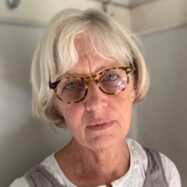
Daphne Astor is an American-born British conservationist and farmer working with literary and visual arts organisations in the UK since 1977. In 2016 she founded and curated Poetry in Aldeburgh, she is currently chairperson of C4RD and was a long-term trustee of the Poetry School. Her poetry has appeared in several anthologies and magazines including Magma, Finished Creatures and Coast to Coast to Coast. She recently became publisher and editor of Hazel Press.
Daphne Astor – Flitting Days
Flitting Days
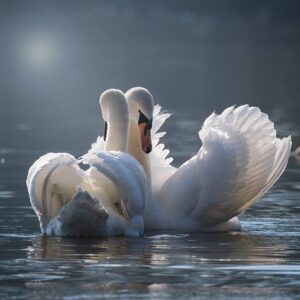
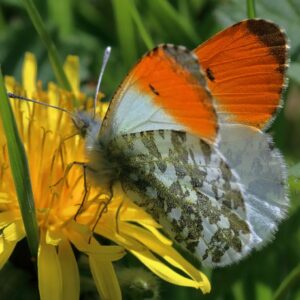
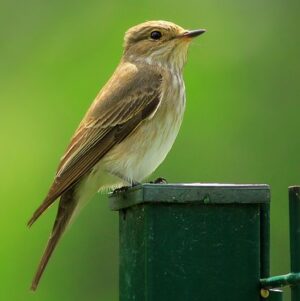
Every April a pair of swans arrive on North
Park lake then after about a week they move on.
Dab chicks, pink foot geese, duck of all kinds
frog spawn and the meter-long garden snake
soon appear on schedule, just before a couple of
early pied wagtails and a vanguard swallow.
All are silently welcomed, observed as if an ordinary
processional, a seasonal litany of the miraculous
that bring ants into the downstairs of houses
rats to the hen run, swarming honey bees
orange tip butterflies, bats, great crested newts.
Companionable beauty unfurls: aconites
with snowdrops, cowslips with bluebells,
lilac with laburnum, first lettuce with rain.
It is the annual arrival of the inconspicuous
5 ¾ inch spotted fly-catcher that we most
anticipate, herald with respect, feel possessive
about and are elated to greet. Muscicapa striata
striata whose proper name was bestowed by
Pallas in the 18thc. With a thin voice like a wheelbarrow
on a rusty wheel these birds are barely noticeable, yet divine.
Daphne Astor

Mark Totterdell’s poems have appeared widely in magazines including Agenda, Envoi, Magma, The Rialto and Stand, and have won competitions. His collections are This Patter of Traces (Oversteps Books, 2014) and Mapping (Indigo Dreams Publishing, 2018).
Mark Totterdell – Siren
Siren
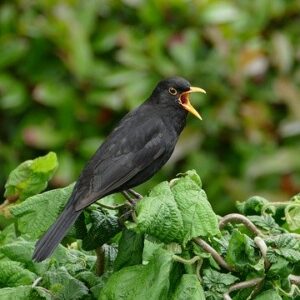

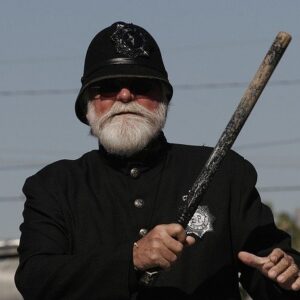
Though I never employed him
to soundtrack my dreams,
this morning’s early blackbird
is back on his woodwind,
those expert glissandos,
the rises, the trills and chirrs.
And now he’s off on his
police siren impression,
not the modern wails and yelps and phasers
you might think he’d go for,
but the proper old-time two-note
‘nee-naw nee-naw nee-naw’,
as if he’s been watching those cop shows
full of corruptions and easy deaths
from decades before he was even an egg.
Mark Totterdell

Matthew James Friday has had poems published in numerous international magazines and journals, including, recently: The Brasilia Review (Brazil), Dawntreader (UK), New Contrast (South Africa) and Poetry Salzburg (Austria). A mini-chapbook titled All the Ways to Love was published by the Origami Poems Project (USA).
http://matthewfriday.weebly.com/
Matthew James Friday – The Frog
The Frog


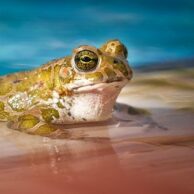
With Venus winking
at the pastelling sun,
the mountains smudging,
trees talking in shadows,
a frog sings
down by the communal swimming pool
recently cleaned of winter’s
green scumming by a robot.
A frog sings
while children clatter in the distance,
dragging dusk down an alley.
A dog barking at the arriving
night. Still
the frog sings
the same frog
that sang for Basho
now sings for me.
The frog invisible
singing by the swimming pool.
I know what luck is.
Matthew James Friday

Peter Burrows is a librarian in the North West of England. His poems have appeared most recently in Marble Poetry, Northwords Now, Dream Catcher and Coast to Coast to Coast. His poem ‘Tracey Lithgow’ was shortlisted for the inaugural Hedgehog Press 2019 Cupid’s Arrow Poetry Prize and appeared in the Cupid’s Arrow Love Poem Anthology.
peterburrowspoetry.wordpress.com
Peter Burrows – Map
Map

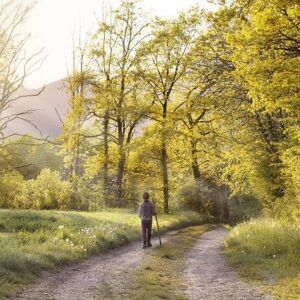


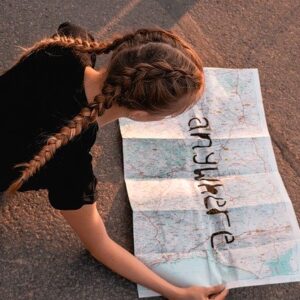
Smoothing flat a large sheet we plan to trace
your world, annotating and illustrating,
scrunching up, fraying edges, and ageing
in stewed tea before sanding the surface to scratch
a lost map of treasures. Beginning with home
we plot outwards, realising your domain:
the sweet shop, park, Brownies, friends’ houses, as far
as the eye – school nudging the paper’s edge.
A life contained. Here we rolled you to sleep
beside walls you’d soon be held on calling out to lambs;
here you first triked, biked, sledged, tumbled and fell.
Your cries echoing across this range. That now,
you populate with trees in leaf, daisies, snowdrops,
blackberries, lambs, and dogs off lead: your days
all seasons in one. Where we follow paths lain
continuously, each walking our own.
Criss-crossing dashed lines, other days, other lives,
past molehills, grass-flattened trails. Above us,
swifts swerve by where high winds and summer scents
cross this hand-poised space, each leaving some impression,
however fleeting, as when you’re here, but not.
The distant playtimes carrying over fields
to where we’d stand unseen, upwind, awhile,
watching the deer return home, your hand in mine,
the bats flying knowingly about our heads.
Bounding forward, you make your way, out of frame
chasing something, only you will find.
Leaving me trailing – until I catch
you, waiting, expertly tightrope walking –
arms out – balancing on the cattle-grid.
Peter Burrows
Map was originally published in Reach 2020
One for the Road by Peter Burrows
Sweeping the Sands by Peter Burrows

Brian Johnstone is a poet, writer and performer whose work has appeared throughout the UK, in the Americas, Australasia and Europe. His poems have been translated into over a dozen languages and are included in the UK Poetry Archive website. He has published seven collections, most recently the pamphlet Juke Box Jeopardy (Red Squirrel Press, 2018), shortlisted for the Callum MacDonald Memorial Award 2019, and the full collection Dry Stone Work (Arc Publications, 2014). His memoir Double Exposurewas published by Saraband in 2017. He is a founder and former Director of StAnza: Scotland’s International Poetry Festival.
http://brianjohnstonepoet.co.uk/
Brian Johnstone – Wintering
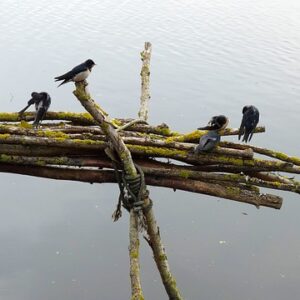
Wintering
House-swallows have some strong attachment to water…and, though they may not retire into that element, yet they may conceal themselves in the banks of pools and rivers during the uncomfortable months of winter.
Gilbert White, The Natural History of Selborne
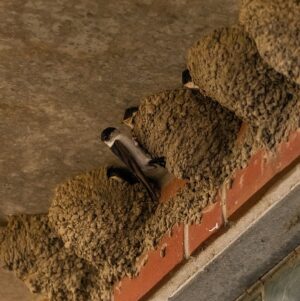
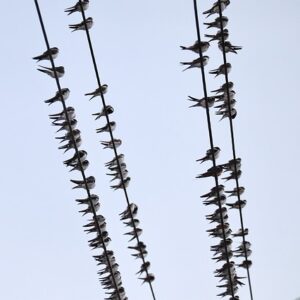
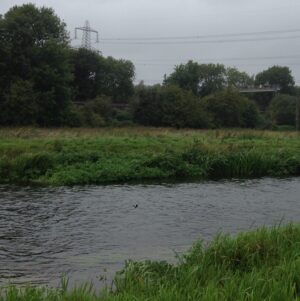
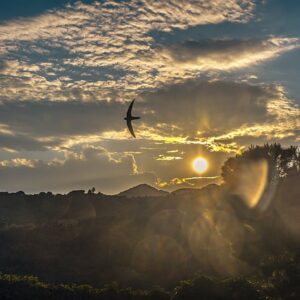
At summer’s close, a level branch would see them
all in line, perched in readiness for what
no-one was sure. They quit
their favoured places – eaves and chimney stacks –
all of a piece, so swiftly none could swear
they’d seen them take to wing.
The limbs that saw them gather in their scores,
spread out by rivers, ponds and meres,
gave some a clue. The soft soil
of the banks might offer habitation, make a place
to see the winter out. But others, not at all
convinced of this, and noting
how they skimmed the water’s surface after flies,
theorised they found a refuge in the deep
there to sojourn safely
throughout the coldest months. And knowing
none of this, the swallows made
for Africa, instinctively.
The moon, the depths of ponds, their very banks,
each in plain sight. Who knew of Africa,
if it was anywhere at all?
Brian Johnstone
Click on the the books for more information and to purchase signed copies directly from Brian.

Paul Stephenson grew up in Cambridge and studied modern languages. He has published three pamphlets: Those People (Smith/Doorstop, 2015), The Days that Followed Paris (HappenStance, 2016) and Selfie with Waterlilies (Paper Swans Press, 2017). He co-curates Poetry in Aldeburgh and interviews poets at: paulstep.com
Paul Stephenson – The Village Show
The Village Show
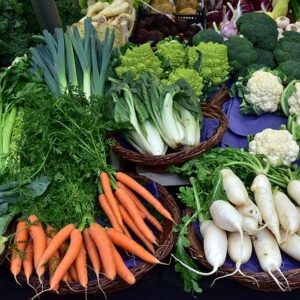

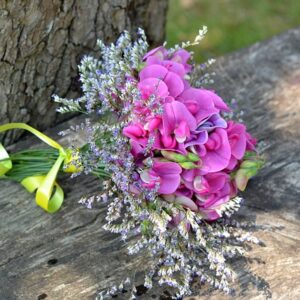
My father was good at auctioning off marrows,
handsome shallots and prize-winning carrots.
He’d a knack for standing on a chair in the Hall
packed with toddlers and pensioners with sticks
who, at half past four, crossed the green for tea
and a slice of sponge to see about the judging.
He sold cars for a living but could also shift potatoes,
mixed bunches of summer flowers, fragrant roses.
From behind his beard he could bellow the bid
for a posey of sweet peas clasped in silver foil.
Paul Stephenson
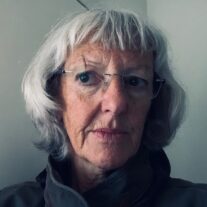
Sheila Lockhart is a retired social worker and lives on the Black Isle in the Scottish Highlands with her partner and two Icelandic horses, tending her garden and writing poetry. She has been published in Northwords Now, Nine Muses Poetry, Twelve Rivers (Suffolk Poetry Society), the StAnza Poetry Map of Scotland, The Writers’ Cafe and the Ekphrastic Review.
Sheila Lockhart – four hares
four hares
Carn Glas, Earth Day 2020
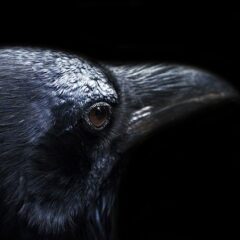
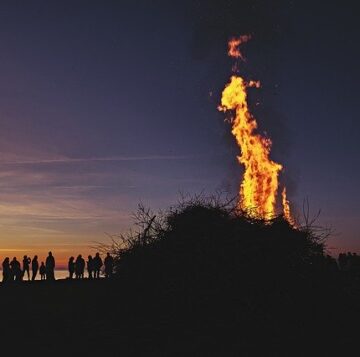
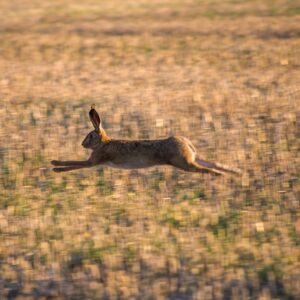
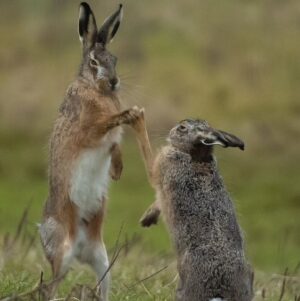
sapphire bright meteors
spill from the sky
pierce screwed eyes
beside the shieling
ravens flap and creak
over a dead sheep
held to this ancient circle
by gravity of stones
I contemplate funeral rites
an east wind blows
ashes scattered
over waves of stubble
*
then I spot them
black dots on periscopic ears
spines like bronze helmets
dip and rise unkiltered
through the furrows
four hares in delirium
the heart leaps
to the parabolic sweep
and speed of their chase
the sudden pause
to parry and punch
the dash of defeat
two seek refuge
in a stone dyke wall
the scent of fresh grass
while the bonded pair
flatten in a furrow
of warmed earth
Sheila Lockhart
Hampshire Poets
Gilbert White’s investigations into the natural world were focused around his home in Selborne, Hampshire. The poems below are by Hampshire poets inspired by Gilbert White.
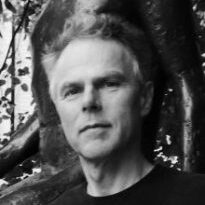
Hugh Greasley is a poet and painter who uses landscapes as a means of exploring landscapes, people and memory. Explorations can be about such things as sunlight falling into a shed or the experience of visiting a wreck on a Cornish beach at night in the teeth of a gale. Hugh also works as a visual artist, painting in oils and has had a scientific education. He has published seven collections of poetry.
Hugh Greasley – Gills
Gills
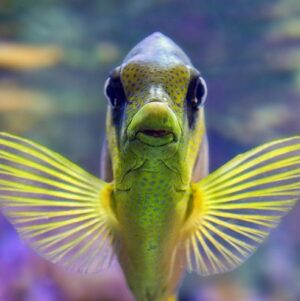

Gills
When I was a fish
in the middle time
I had gills and a tail.
The other fishes became fish and even birds
but I became myself.
The first gill became my mouth, my lips, my jaw,
my cheek and my ears
and now when I talk and listen
I use my gills.
Hugh Greasley

Sue Davies, a prize winning poet, lives in Catisfield, Fareham. Her first collection of poetry Blue Water Cafepublished by Oversteps Books is available by contacting smhdavies@hotmail.co.uk. She has now completed her second collection of poems to be published in 2021.
Sue Davies – Flight of the Enchanter
Flight of the Enchanter
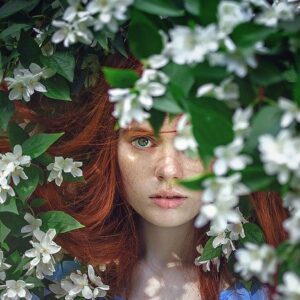
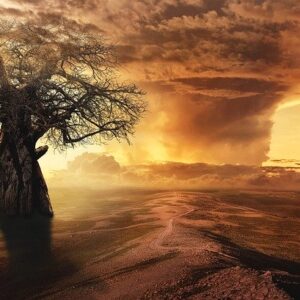
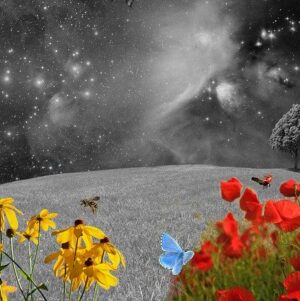
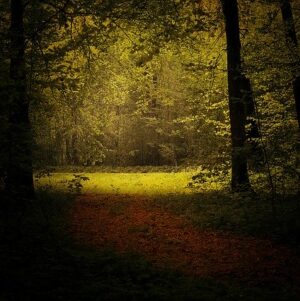
It was there we returned breath to air,
snagged by gorse, pricked with yellow welts.
In the beguiling mouth of the wind, a spangle
of grasshoppers, the button-eyes of birds,
a bronzed brook silking through columns
of lace and white linen flowers braced along
the sea-green flanks. She held my hand
tight which stopped my blood, and I was drugged
by her power, the perfume of pine and grass
just able to lift my feet, knees freshly scabbed,
rickety-thin from city streets. We pounded
a path dead, grey baked clay where nothing grew –
even hissy dandelions stopped short without
a chance to root. But the light cut our eyes
like diamonds – ferns and nettles glowed
white gold, birch leaves darted like fish
where the path narrowed and slothed off
into the murk.
Deeper still, thin saplings
leaned over the fading path, their crowns
puffs of insipid clouds among oaks cracking
their dry roots below the earth. I felt my
dappled skin graft to hers, like the underwing
of the silver-washed fritillary. We took
the hardest path she said, to teach me
the ways of the forest.
Sue Davies
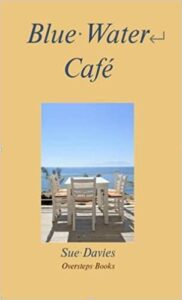
Blue Water Cafe is available to purchase directly from Sue by emailing smhdavies@hotmail.co.uk
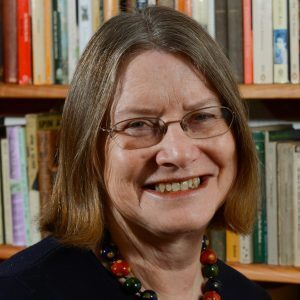
Joan McGavin featured in a Peterloo Poets anthology and has poetry books from Oversteps Books: Flannelgraphs (2011) and Passing Arcadia Close (2017). A Hawthornden Fellow in 2012, she was Hampshire Poet 2014, and for thirteen years taught Creative Writing at the University of Winchester. A trustee of the Winchester Poetry Festival, she curated an anthology, Hogwords, for them in 2014. She is currently working on a third collection as part of a Ph.D. in Creative Writing from Southampton University.
Joan McGavin – Daphnoid
Daphnoid
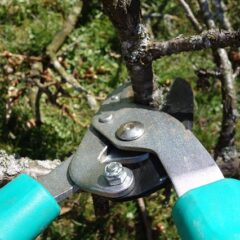
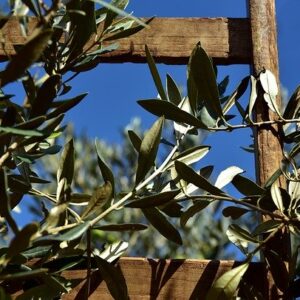
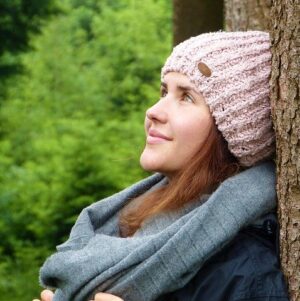
Though I’m tired
with shopping, the tree
catches my eye.
I can’t help smiling
at my dramatic daphnoid memory:
how, near the top, stretching
for an elusive twiggy bit, while pruning,
I once fell, spreadeagle, onto it
and was upheld, branch-buoyed,
as if velcroed to vitality,
clasping the bay’s dense green
globe, needing no rescue.
All I needed to do
was step back onto the ladder,
feeling my way first with toes
of one slow gyrating foot.
Call me what you will
in Freudian terms.
I know it may never happen again
with any other tree.
I can’t help loving my old bay.
It still has me where it wants me:
heart-smitten, each time I see it,
over and again.
Joan McGavin
Rain Started High by Joan McGavin

Susmita Bhattacharya was born in Mumbai and sailed the world on oil tankers before settling down in the UK. She is an associate lecturer at Winchester University and leads the SO:Write Young Writers workshops in Southampton. Her debut novel, The Normal State of Mind (Parthian), was published in 2015. Her short stories, essays and poems have been widely published and also broadcast on BBC Radio 4. She won the Winchester Writers Festival Memoir prize in 2016. She lives in Winchester with her family.
Twitter: @Susmitatweets
http://susmita-bhattacharya.blogspot.co.uk
Susmita Bhattacharya – By Churchgate Station, 22 August 1997, Mumbai
By Churchgate Station, 22 August 1997, Mumbai

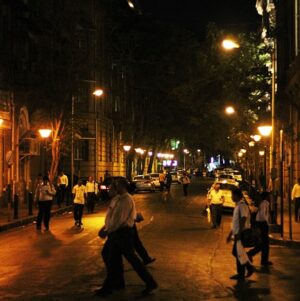


This night is the wing of a crow. Black with the slick of
wet feather and skin. One beady eye following the surge of the
flood water towards Marine Drive, rushing to
meet the sea.
This night is a birthday cake. The lamp posts swaying, fizzing
singing with the whistling wind. Whipping and lashing raindrops
as big and round as cherries on top.
The revolving rooftop restaurant glows like a beacon. A lighthouse
blinking obstinately while dark clouds consume it
with unsatiated hunger.
The street is a ruby necklace – strings of taillights
disappearing into the storm-wrung horizon. Steamy breath
rising from its engorged gutters.
All sounds are muted by the pounding rain
except my beating heart,
that throbs in my ears, as I clutch my beloved’s hand.
This should have been a celebration. But we are shivering in a bus shelter.
The night finally breaks into a quiet dawn,
who knows nothing of the tantrums he threw earlier.
We gather our things and jump on a lone bus – sailing along this swampy road.
The sunlight seeps into our damp crevices.
We huddle together for warmth,
watch cars floating by like ducks in a muddy bath.
Susmita Bhattacharya

Stephen Boyce is a prize-winning poet and co-founder of Winchester Poetry Festival. He is the author of three poetry collections, The Blue Tree (Indigo Dreams 2019), The Sisyphus Dog (Worple 2014), and Desire Lines (Arrowhead 2010). He has also published three pamphlet collections. Stephen lives in north Dorset. www.stephenboycepoetry.com
Stephen Boyce – A Prospect of Beech Trees
A Prospect of Beech Trees
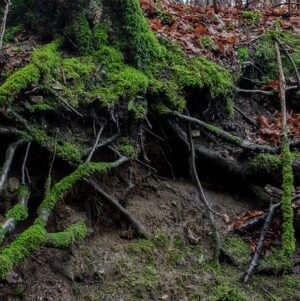
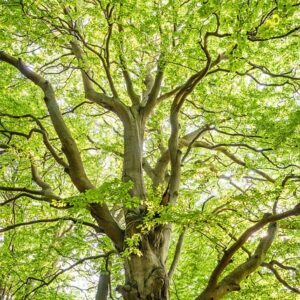
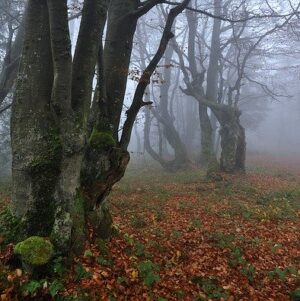
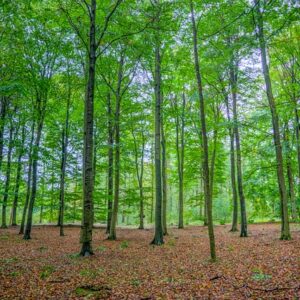
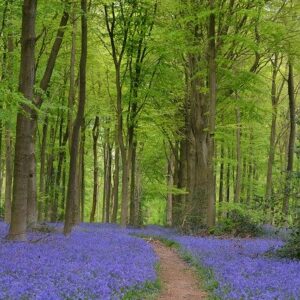
Sometimes a tree becomes a stoup, a font
at the threshold of winter, its gnarled joints
offering the blessing of damp beechmast,
leaf and twig and husk.
And lingering there
the sweet musk of decades of mulch trampled
by the feet of drovers, huggers, lovers
and some who found respite in shade,
took shelter from a squall.
*
Sometimes a tree stretches its limbs skywards
with the taut musculature of a dancer
celebrating light, the architecture
of exuberance.
Even leafless it’s in motion
leaning into the wind, drawing shapes
in the air, elegant tableaux lit by fits
of pale sun, the sap slowing in its veins.
*
Sometimes a tree, swollen by pollarding,
embraces the metal barbs that mark its bounds,
quietly enfolds the possibility of pain
within the tightness of its bark.
Bludgeoned
by axe, lightning-struck, taxed with too much weight,
the tree endures, defies from season to season
what we think we know of stamina, of strength,
of tolerance.
*
Sometimes in rough weather a tree issues
a silent prayer from its fissures and splits,
where the scar of a lost branch makes a lip
out of absence.
And absence evokes its own
meditation on beauty, each healed welt,
each blemish a mark of something lost,
a badge of something turned to gain.
*
And sometimes a choir of trees teaches us
how to hope, what it is to dream, their roots
in concert extending into the next field
ageless beneath the mould and turf.
Each pulse,
every quiver of hidden fibre connects
with the next copse or spinney, listens,
receives, sends back life’s vibrant chord.
Stephen Boyce

Angela Ward is co-owner of Butterfly Cottage Garden Plants. Previously she worked for the NHS. She is a qualified Psychodynamic Counsellor. Angela has been writing poetry for thirty years. Until recently, her poems languished in a cardboard box in her spare room!
Angela Ward – Two Metres Away
Two Metres Away
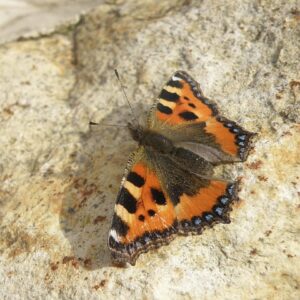
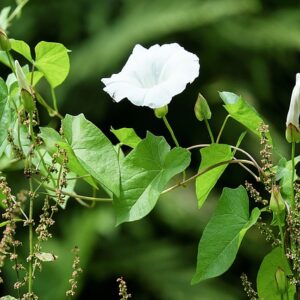
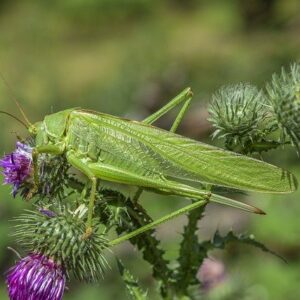
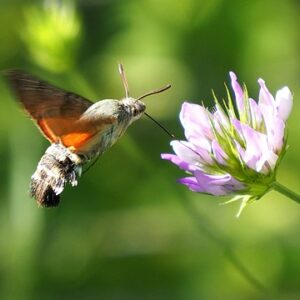

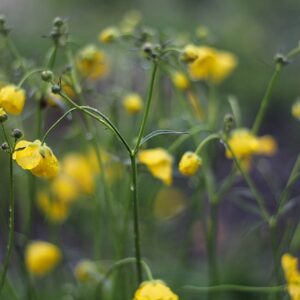
The dawn chorus was loud and beautiful
‘though nesting time was almost finished.
And later…
Four newly emerged Small Tortoiseshells settled
on stony ground, to dry their pristine wings,
while Skippers jostled a fat Bumble Bee
to sip sweet nectar from Centranthus ruber.
And self-seeded garden escapes mingled
with wildflowers in sun-cracked crevices:
Verbascums, daisies, corn cockles and poppies,
in colour wheels to steal a breath away.
Beside the compost bin, bedecked with twining
open cups of pure white convolvulus,
a multitude of stinging nettles writhed
with yellow and black striped caterpillars.
And twenty tiny, bright green grasshoppers
leapfrogged one another in a small patch,
accompanied by a chorus of crickets
able to compete with Greek cicadas
Nestled beneath terracotta pots, frogs
startled croak, grumpy at being disturbed
by one Humming-Bird-Hawk moth, proboscis
deep within magenta Erodiums.
And Bronze Fennel, copper colours ablaze,
promised umbels of Aniseed to store
along with scented herbs spread out to dry:
lavender, rosemary, lemon balm and sage.
Then cumulus clouds bubbled up and Red Kites
began a circling descent, their high-pitched cries
replaced by dualling thrushes singing
out sunset songs as the church clock chimed ten.
And in the darkness, refreshing rain fell on
parched soil and scorched leaves, lifting the bowed heads
of stargazers – lost in thoughts of night sky
myths and legends- who began to wonder whether
the dawn chorus had been loud and beautiful
and might the world wake up and listen?
Angela Ward
‘Two Metres Away’ was written while Angela walked around her gorgeous nursery early one morning at Butterfly Cottage Garden Plants. It’s a walk that you can share by watching the slide show below whilst listening to the dawn chorus.
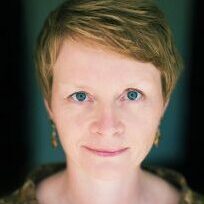
Isabel Rogers’ first poetry collection, Don’t Ask, came out in 2017 with Eyewear Publishing. Her work has appeared in various magazines including Poetry, Poetry Wales, Under the Radar and Mslexia, and has been widely anthologised. She won the 2014 Cardiff International Poetry Competition, and was Hampshire Poet Laureate in 2016. She is currently writing the Stockwell Park Orchestra series of comic novels published with Farrago (Life, Death and Cellos; Bold as Brass; with the third book, Continental Riff, due out in January 2021).
Isabel Rogers – H2O
H2O



I would be a bad scientist, forever diving
like a spaniel into question-choked verges.
The three-atom triptych slakes a manifold thirst.
I would be a bad molecule. I love too fiercely,
hold grudges. I would drift in vapour until we gathered,
feeling the thrill as we mass, drawn by forces
we can’t name (articulation not a burden
we are obliged to carry) – then, after the shocking intimacy
of simultaneous condensing, we would fall –
not mourning our wings but diving gleefully
to the solid endstop below. We are no match for it.
We are liquid and cannot be relied upon.
If in that explosion we catch half-stories –
of seas ruling land
xylem hidden in hardwood
the surge under a storm
stiff ice nosing toward salt –
we know our chemistry is fungible.
Any one of us could kill you. We forget which
so feel no guilt. All this as we rip apart; we wonder
if we should mark the loss of friends, label it love or ennui
or relief, but the question slips and we feel an old tug:
involuntary lightening, and we fly again.
Science measures rainfall. I would be a bad scientist,
leaning into mutability like a worm on a shroud.
Isabel Rogers

Making the transition from Psychologist to poet has been Jenny McRobert’s most pleasurable journey. Despite the disadvantage of being taught it at school, poetry has been her lifelong passion. She has always known it, though her career demanded writing of a different sort (Psychology textbooks and articles). Her poems have appeared in Dream Catcher Magazine, and online Journals: Ink Sweat & Tears, Picaroon Poetry, The High Window and Words for the Wild. Her first collection will be published by The High Window Press in 2021. She lives in a house on The Watercress Way with her husband Bob.
Jenny McRobert – Touched
Touched
Crunch-cold,
the unravelling path frays
a spindling yarn
swirling violet and green,
in rain pools like dreams
that tinge a restless night.
Mud sucks at slow boots,
sliding down,
pushing up brambles
hollow faced,
hostile homes
like burnt-out city slums.
Travel sick with the inward journey,
I look up,
and they are there,
where they have always been,
shocks of thick green hair
in the brown baldness of winter;
Yew trees
huddled in on each other as if for warmth.
Soft-veined old arms of time,
beckon me to their counsel.
I touch the ancient,
the slow seeping memory of pagan
the warp and weft
of tangled roots;
that sing of the time when earth
once lost its battle with sky.
Time stutters and stalls,
as I pad-out thoughts
in small steps,
author of my own mystery play
where the broken mind is
born again.
Jenny McRobert
First published in Picaroon Poetry Issue #12

Lynda O’Neill was born and brought up in Portsmouth, where many of her poems are based. She started writing when she went to a creative writing class at a local arts centre twenty years ago and began to be published and placed in competitions two years later. Lynda writes mostly about childhood, school, war and package holidays, mixing pathos with humour whenever possible. Writing has given Lynda self expression – and many friends.
Lynda O’Neill – Notebook
Notebook
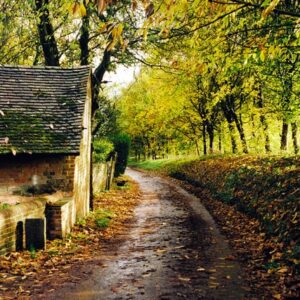

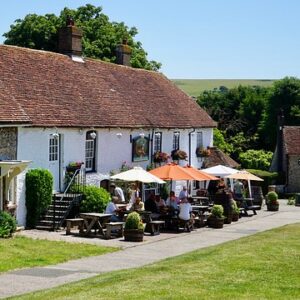
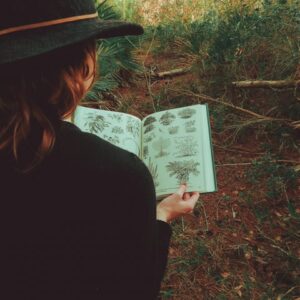
‘Very rural here’ we often say
as our Fiesta hurls itself round
the twist of country lanes
in Northington, or skirts the Test
in our quest for a sandwich in a pub
that can’t be called gastro.
Sometimes we can’t see the sun
in sunken lanes for the overhang of trees,
revel in short-lived coolness.
Roadside daffs or far-off bluebells
quiet me for a moment.
I read the hamlet and village names,
curious for their origins – The Candovers,
Sombornes, Worthys. I envy the residents
their thatched cottages, trim lawns,
though not their bus service.
In a pub garden over a pricey sandwich
and the second large glass of wine you
disapprove of, I wonder what the shrubs are,
examine closely the fragile blue plant
artfully planted by a garden designer.
Perhaps Gilbert saw it all those years ago
one sunny Hampshire morning,
recorded it in a small notebook.
Lynda O’Neill

Kathryn Bevis is Hampshire Poet Laureate and founder of The Writing School in Winchester.
In 2019 she won the Poets and Players and Against the Grain competitions, and was also shortlisted for the Nine Arches Primers scheme. She is working towards her first collection.
Kathryn Bevis – A Wedding
A Wedding
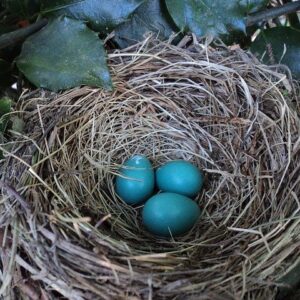

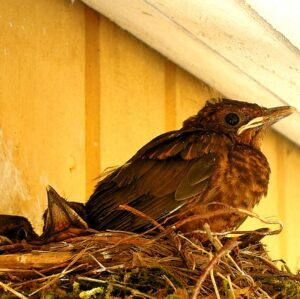

That day, the thrushes finally fledged.
For weeks, I’d heard his whistled songs to her at dawn:
now-now, now-now, did-he-do-it, did-he-do-it,
then watched her plunge into the hedge, bringing grass,
roots and moss to purl with a busy beak. She stamped
the floor with tiny feet, fed the cup with mud and spit,
pressed her speckled belly to the curve
until it grew the contours of a bird.
As we sent out invitations to the feast,
she laid a clutch of brilliant turquoise eggs.
Day after day, she sat and hatched her bulge-eyed brood.
It was a wide-beaked time that wore her sad and thin.
I’d see them both, smashing snails against an anvil,
bearing wet meat to their young. Then June came.
As I stepped into my dress, mother fastened
silk-covered buttons with her crochet hook
and I watched the last chick totter at the nest’s lip,
held my breath while it fluttered, stretched, and flew.
I brought the lice-infested nest indoors to see
a tangle of your hair strung gold against the brown.
We have it still: her parting gift. It stinks—of food,
of flesh—this living mess, this coracle of scraps.
Kathryn Bevis
‘A Wedding’ was highly commended by Jacqueline Saphra in the Ver Poets’ competition and will be included in their anthology of winning poems.

RIchard Stillman is an English teacher whose poetry has appeared on the Poetry Society blog and has been published in anthologies and online. He is represented by Peters, Fraser and Dunlop, although as he has not yet written a published novel, he is unsure why. A trustee of the Winchester Poetry Festival, he is interested in promoting local poetry and literature.
Richard Stillman – Volume 5
Volume 5

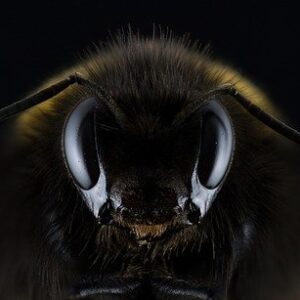

Mum would put a bit by every week:
the life insurance, the Christmas Club,
and, for my sake, the encyclopaedias,
ten volumes bound in faux-red leather.
Volume 5: the Natural World – Insects.
Acetate sheets took me further, further
as I turned them, turned into the structure
of a bee revealing its essential trinity.
The colours brimmed, the words raptured.
Some I knew: antennae, sting, and abdomen,
but others were new: thorax and glossa –
the ganglia of nerves that stood in for a brain.
I should have stayed at this wonder
but I impressed myself alone with detail;
knowledge of the polysyllabic intricate
provides a species of adolescent mastery,
but not being with. Now, I can anatomise,
delineate the power structures of the hive,
but my daughter, wiggling, feels like them,
thanks them, one-by-one, for their honey.
Richard Stillman
83 Shirley, Hampshire by Richard Stillman

Lesley Cooke was born and bred on the Isle of Wight but has lived nearly all of her adult life in Dorset. She has written poetry since her early teens but found that a career based on writing factual pieces tended to dim her poetic energy. Since retiring she has been able to devote more time to writing poetry.
Lesley Cooke – Brockenhurst – Out Into Space
Brockenhurst – Out Into Space
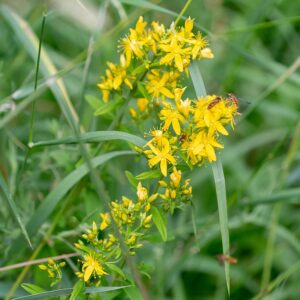
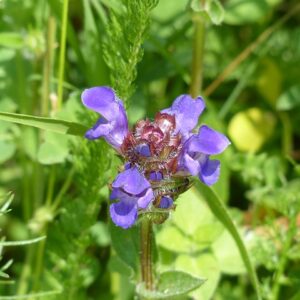
It was a story in yellow. Drops had fallen from the sun and spattered the low-bitten grass: a hailstorm of flowers everywhere, a milky way of shining petals. Here a solar system, there a galaxy. Streaming away into the distance, a space storm of buttercups. And here a comet’s tail of tormentil and birds-foot trefoil.
Agrimony was the lemony star in the east, pointing the way to wild hypericum, a golden Corona Borealis. Ragwort bold stood guard in Canis Major.
In hidden cracks, pink and mauve heather blushed unseen, unbrave, as did the tiny water forget-me-not. But self-heal, flaunting its royal purple, cried, “Resist. Resist the yellow tide!”
Lesley Cooke

Steve Scholey’s early fascination with rocks, preferably with shiny bits in them, led him into close encounters with trolls in Sweden and with leopards, landmines and AK47s in Zimbabwe. Having discarded his geological hammer in favour of a pen, Steve has featured in various publications and competitions and is currently working on his second and third collections simultaneously. Steve may or may not be an un-disorganiser of the Winchester poetry fringe.
Steve Scholey – Gatherings
Gatherings
i. Hyacinthoides non-separatam
Blue congregations
curtsy just as prettily,
still chime a melancholy
of wood-bound bells,
no eye to apprehend their beauty
nor ear to grasp their knells.
ii. Narcissus pseudo-poeticus
A golden host at
Spring’s first trumpet-march,
April ages ivoried heads –
chastening, from stiff green necks,
the desiccated December droop
of tarnished coronets.
iii. Wisteria wuhanensis
Purple, prolific,
pendulous on twisting vines,
rinsed over nineteen
numbered days
to serried racks of clouded coughs
in shades of mildewed greys.
Steve Scholey
Onnellisuus on aika hiihdellä koirasi sivulla luonnossa by Steve Scholey
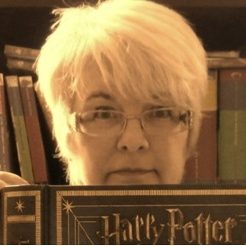
Sue Spiers is British Mensa’s SIG Sec for Poetry and her first collection is called Jiggle Sac. Her poems have appeared in Acumen, Dream Catcher, South Bank Poetry, among others, and on-line at www.inksweatandtears.co.uk and www.thelakepoetry.co.uk. Her work has been included in the Bloodaxe anthology Hallelujah for 50ft Women and in Paper Swans Press anthology Best of British.
Sue Spiers – Sparrow Haiku
Sparrow Haiku
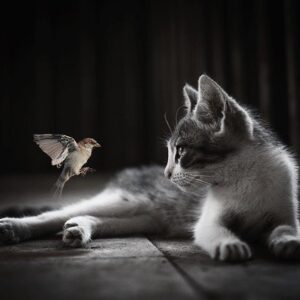
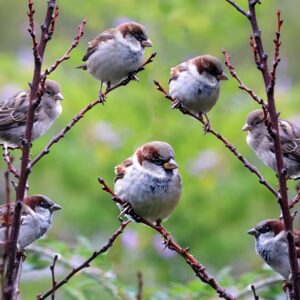
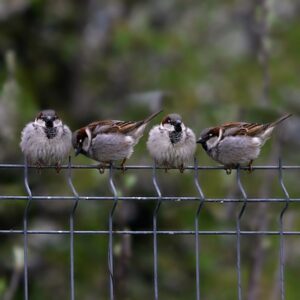
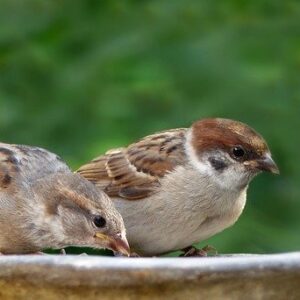
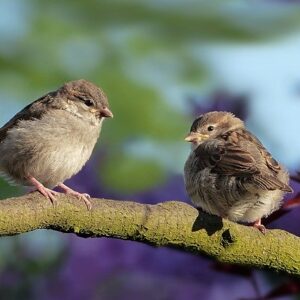
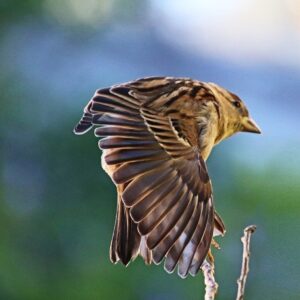
thin smooth sparrows
dance on twigs and shrubs
mock big fluffy cats
big fluffy cats
trespass our grass to watch birds
leap at empty air
six sparrows feeding
following the scattered seed
make room for seventh
sparrow hops to spear
green sword leaves quiver his weight
berryless ambush
the fence that fell down
through hurricanes, now love-perch
sparrow on sparrow
breeze ruffles feathers
each quill resumes its smoothness
how neat is plumage
where are wild back yards?
attention to straight green stripes
as the sparrow flies
sparrow’s decibel
proclaim leaves: my nest
gutter: my perch
sparrows paired-up songs
still flirt close to roof lines
gutter nest boxes
sparrow lovemaking
she: making herself ready
him: hop on, hop off
sparrows perch or flap
brush wings, sit to hatch, nestle
handless – do not touch
Sue Spiers
From Plague – A Season of Senryu.
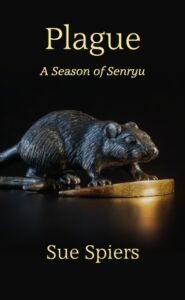
To purchase directly from Sue, DM via Twitter @SpiroPoetry.

A published novelist between 1984 and 1996 in North America, the UK, Australasia, Netherlands and Sweden (pen-name Elizabeth Gibson), Lizzie Ballagher now writes poetry rather than fiction. Her work has been featured in a variety of magazines and webzines: Nine Muses, Nitrogen House, the Ekphrastic Review, South-East Walker Magazine, Far East, and Poetry Space.
She lives in southern England, writing a blog at
https://lizzieballagherpoetry.wordpress.com/.
Lizzie Ballagher – A Goldfinch in Holly
Goldfinch in Holly
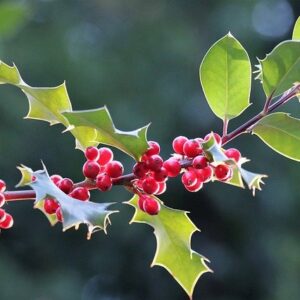
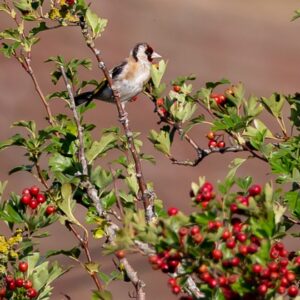
No winter fire burns in June’s steep holly tree:
berries jolly as rubies in deep December
are now in summer’s richest green.
So far no angels’ cradle-songs swaddle the holly tree:
on the topmost leaves no thorny star
has yet begun to shine.
A spark ignites—coal-black, yellow, scarlet fire:
a goldfinch flares up, lights the holly
and in a trilling, frenzied blaze of song
burnishes the highest leaf-points,
bursts out bright as a supernova
singing new & rolling summer carols.
Lizzie Ballagher
True Builders by Lizzie Ballagher

Irene Watson is a mid-career artist, poet and art teacher. She uses text and poetry within her work and this has been exhibited in pop-up community spaces in Scotland and exhibited in America and New Zealand. Irene has collated poetry anthologies written with adults with disabilities and has co-written touring plays. Recently, her poems have been published online and in anthologies. She is currently collating her first poetry pamphlet.
Irene Watson – The Curlew
The Curlew
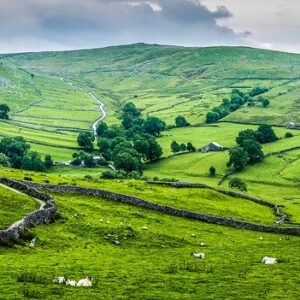
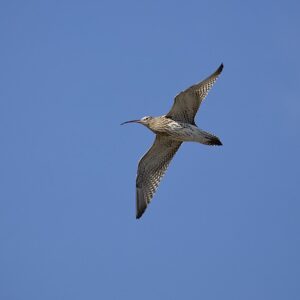
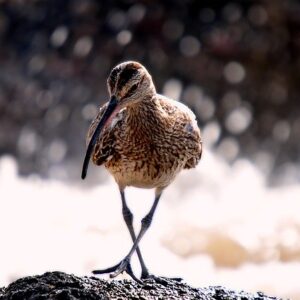
and I saw the curlew right there, on the plateau
on the day when raindrops were held
in mirrored cupulas.
Just there, you know, where the hill hollows out
and the scattered sheep winter over,
but I have never seen it again, never
and every day I drive along that single-track road, I stop
in the passing place, where we used to stop,
next to the harrowed fields,
where the lichen trees dwarf easterly
and a stillness picture frames the apex
amongst the steep crags, you know
where you can view the greying river
across to the clouded hills.
I wait and I look and I look again
but it is never there and now I am thinking
was it a trick of my mind?
Have I imagined that next to the blackened hedgerows
the other worldly beak, so elongated, so refined
curving for the earth, worm searching
is my memory confused, hypnotic?
And then, you said,
that it couldn’t be, that it wouldn’t be
it must have been something else
or even that I must have imagined it.
It was just before I saw that rose-pink balloon
in the middle of nowhere, floating
every day now, with less air, deflating slowly
and now it hovers on the top
of the lochan, in the lee of the hill
weathered, annulled even
and the pink reflection is its last blush, at dusk.
Irene Watson
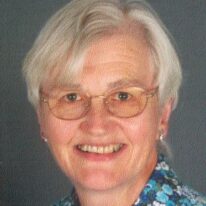
Barbara Cumbers is a retired information officer and part-time lecturer in geology. She has had poems published widely in magazines and anthologies. Her first collection, A gap in the rain, was published by Indigo Dreams in 2016. She is currently working on a collection of poems about the Shetland Isles where she had a month’s residency in 2018.
Barbara Cumbers – Walking with Gilbert White
Walking with Gilbert White
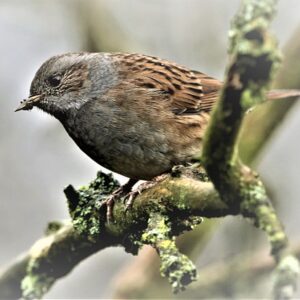
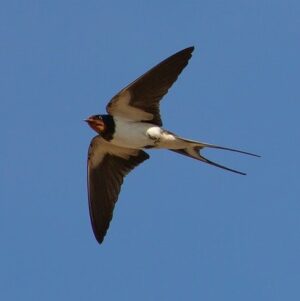
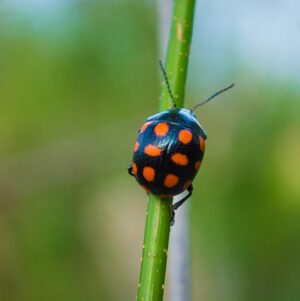
Of course one walk can’t be enough – it must
be many walks along the same route, slow
over seasons and years, and many times of day.
I love the leisure of it, the unhurried thoroughness,
the way he calls me to pause at a dunnock’s song
noting the date it rose high in the hawthorn
from skulking in undergrowth, how long
it sings there. He urges me to check
when the first swallow comes, how it might pass
unnoticed among pipits and larks, how low
or high it flies, and at what time. He asks
if it came before or after the martins
this year, or last. He is so perceptive
it shames me. I make my scanty notes.
He nods and smiles, points out gently
how much more there is – the seven types of bee
that pollinate the brambles, how cold and rain
hold back the willowherb, the variety of flies
that bother horses, their metallic sheen. Look,
he says in my garden, a few of the ladybirds
are black with two red spots. Make a note
how many — we’ll check for more next year.
Barbara Cumbers

Suzanne Iuppa is a poet, community worker and conservationist living in the Dyfi Valley, mid Wales.
Her poems can be found in literary magazines including The Lampeter Review, Ink, Sweat and Tears, Zoomorphic, Slipstream, The Lake and many others. She has been shortlisted for the Bridport Prize and the WoLF poetry competition, and Highly Commended in the Mother’s Milk Writing Prize. She writes her first full collection with a very loud roosting goshawk for company.
Twitter: @wildernesspoet
Suzanne Iuppa – The Hawthorn
The Hawthorn
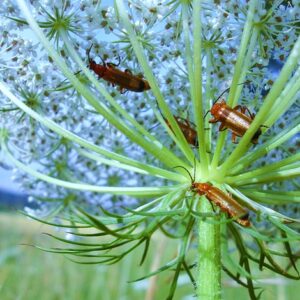
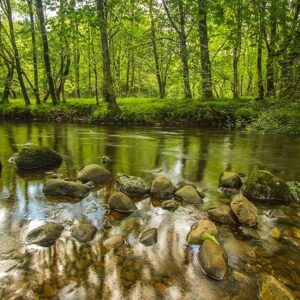
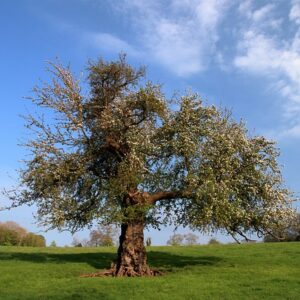
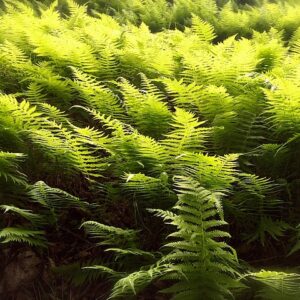
When it’s not raining
it’s a true August
still, the leaves starting their turn,
wild carrot seeding itself
berries for mouths
the scree of a kite.
The clouds hunker down here
but not today
the Dyfi has a rest
from gorging on spate
heat slows all living things down,
opportunities
for collisions
and recognitions,
allowing the study of small creatures
wanting to be close:
hoverflies suspended,
some taken for beetles,
some taken for bees.
Dry white tufts hang on the creeping thistle.
I slip into grassland, plain-faced
and unimproved,
onto the ridge, parallel with
unpassable bracken;
to straighten eye-level over
clear-felled tops.
I make for you, tree,
out of a stint of
outgrown hazel coppice
sheep desire-line and cow pats
losing their juice in the sunshine.
I hear rough retorts to the wind—
obstinate seasons,
constant rivulets joining at rootdepth.
There are channels in the bark
to sink love notes into;
a returning language.
But today, it’s not raining,
and the tree says, wait.
Laminate years swell and chip,
yet it holds hundreds,
in lichen and pale branches.
Suzanne Iuppa

Marcelle Newbold loves poetry as a way of exploring inner ramblings. Her poems have been published in magazines, and in recent anthologies by Wild Pressed Books and Maytree Press. She is currently working towards her first pamphlet. A poetry editor for Nightingale & Sparrow and a member of The Dipping Pool writing group, she lives in Cardiff, Wales, where she trained as an architect. Twitter @marcellenewbold
Marcelle Newbold – We understand, Gilbert White and I, while in Selborne architecting
We understand, Gilbert White and I, while in Selborne architecting
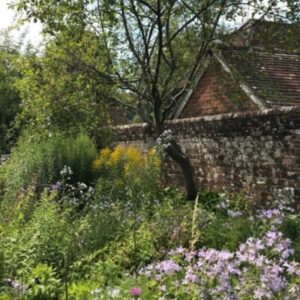
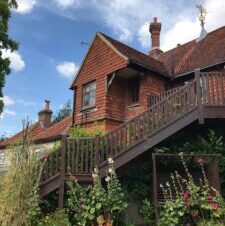
that careful surveying of details;
gentle observation of the why and the how;
study of history, naturally evolving;
measuring of inconsistencies that make the unique;
separating of general to the specific;
understanding each morsel, however
small and slippery – is essential to the whole.
Lorded over by oak frames – hangar
for firefly or fairy lights; grounded by greensand
walls – mortared thick (galleted for strength
or beauty or luck); and bounded by flint
knapped and cobbled – we nurture distant notions,
analyse lives living, warble together our wishes.
for Richard Ashby
Marcelle Newbold
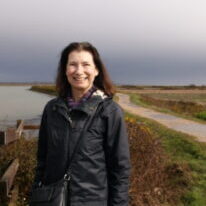
Robyn Bolam has published four poetry collections with Bloodaxe. New Wings was a PBS Recommendation and Hyem, which includes eco-poems with settings from the New Forest to New Zealand, appeared in October 2017. Widely anthologised, her work is included in Land of Three Rivers (Bloodaxe, 2017) and other publications include Eliza’s Babes: four centuries of women’s poetry in English. She was Hampshire Poet 2018 and, in 2016-17, led the combined-arts Ferry Tales project on the Solent.
Robyn Bolam – A Letter to Gilbert White
A Letter to Gilbert White
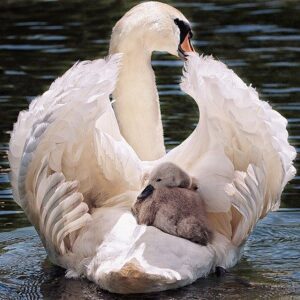
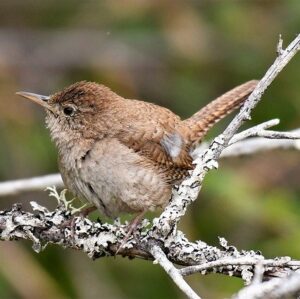
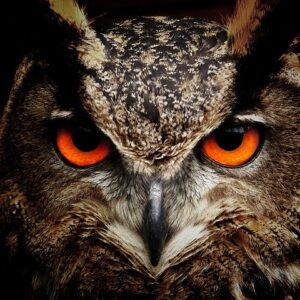
Dear Revd. White, though long deceased, you live
through all that you achieved. Your studies were
to detail life, not peer at specimens
behind glass. You grew your own, sowed and reaped
fruit, vegetables and a curious mind,
recording climate, species, songs and flights
in your clear, upright hand for our delight.
Your observations still inspire us:
how bats sip from the surface of a pool
while on the wing; how swallows meet winter;
when swans turn white; which birds sing as they fly,
or in the night. You watched wrens eat spiders,
saw trees perspire, and knew that not all owls
hoot in B flat. You brought us the boy who
ate bees – and chronicled the woodpecker’s
loud laugh. You tell where my sparrows have gone
(to fruit trees now the house eaves are too warm).
Following you, we trust we will not miss
wonders that should be seen. So, I, in thanks,
sign this – with both a blessing and a x
Robyn Bolam
Starving after long rain, the barn owl hunts again by Robyn Bolam

Matthew Paul’s first collection, The Evening Entertainment, was published by Eyewear Publishing in 2017. Matthew is also the author of two collections of haiku – The Regulars (2006) and The Lammas Lands (2015) – and co-writer/editor (with John Barlow) of Wing Beats: British Birds in Haiku (2008), all published by Snapshot Press. He was co-editor of Presence haiku journal, and has contributed to The Guardian’s ‘Country Diary’ column.
Matthew Paul – Swallowing the Toad
Swallowing the Toad
And I well remember the time, but was not an eye-witness to the fact (though numbers of persons were) when a quack at this village ate a toad to make the country people stare; afterwards he drank oil.
– Gilbert White, June, 1768
Was it still alive? Well, while that man
of medicine crunched the first of its fore feet
in the midsummer evening sunshine
burnishing the priory pond, its copper eyes
blinked not once but thrice. They say
that, just like us, toads eventually return
to the waters where they were spawned.
This noble chap had had his nuptial pads
wrestled from amplexus; yes, wrenched off
the partner he’d royally piggybacked
since the solstice. Why did I let it happen?
I had no authority with which to intervene.
Yet I was the only witness who flinched
when the last of his bull head disappeared.
Matthew Paul
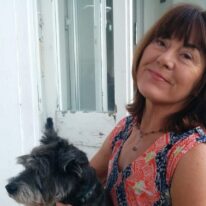
Born in Blackpool in 1959 Kathy Finney is actively involved in preserving the local history and dialect voices of her native Lancashire. After raising three children she went back to school, completed an Access to Education course and gained a Master of Arts, with merit, in Poetry & Creative Writing with the Open University in 2018. Her poetry has recently been published in the Places of Poetry Anthology 2020 and shortlisted/Highly Commended in the “Local People: A Dialect Poetry Pamphlet” competition 2020 run by Hedgehog Press.
Kathy has now become a serial studier and lives by the motto, ‘you never know until you try.’
Kathy Finney – Gilbert’s Garden
Gilbert’s Garden
after, The Garden Kalender (1751)
by Reverend Gilbert White, Selborne, Hampshire.
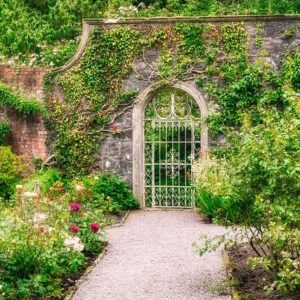
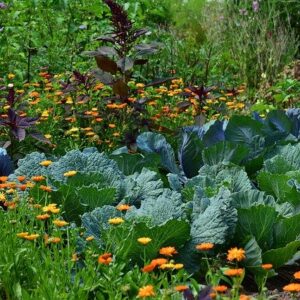
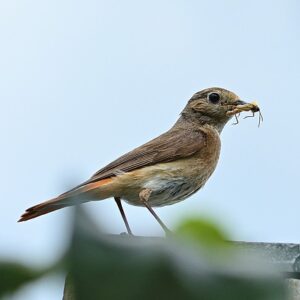
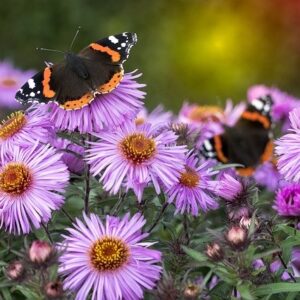
Open gate – keep straight on
to parsonage – by a privet –
there’s a step back
in time –
How does your garden grow Gilbert?
A pair of Creepers build at one end of the parsonage.
They run up the wall like Russell pups, vines wagging
in the breeze.
Sun swells – sow kale
and cabbage – mulberry trees weep
in the heat – hops washed – hogs watered –
milk-white moon skims the steeple –
How does your garden look Gilbert?
Bright sun & golden eve. A Redstart tweets
on the weathervane. A Red admiral, charcoal and flame
against Columbine. Apple trees blossom
like young maids. Dame Violets, Roses, &co, &co
make a gaudy show. The garden is in high beauty.
How does your garden thrive Gilbert?
The humble earthworm. Traveller of root-webs
and under-ways. Food for all manner of God’s creatures.
A link in the chain of nature. A calamity, if lost.
Kathy Finney
